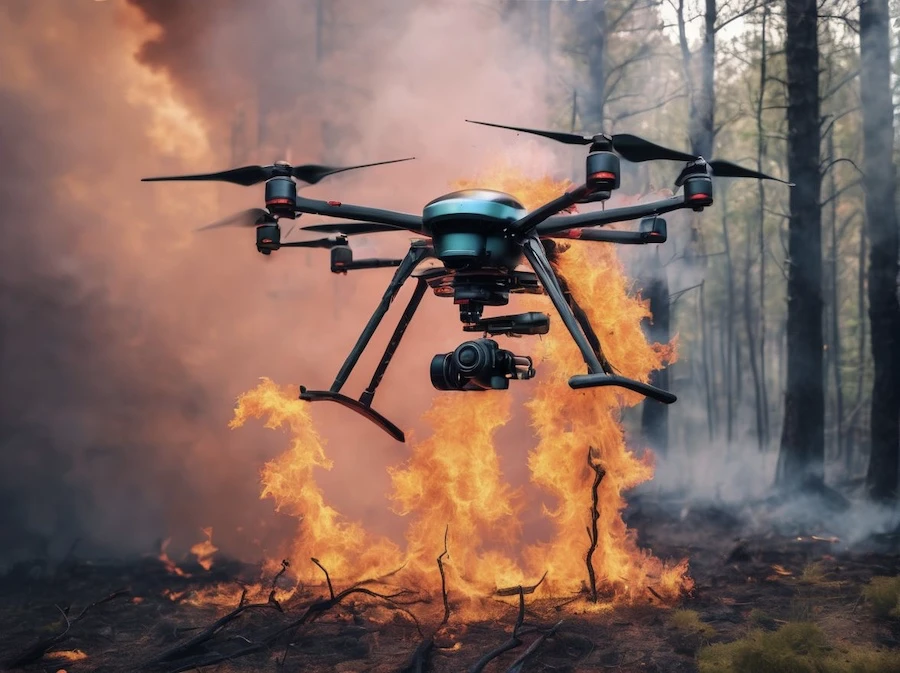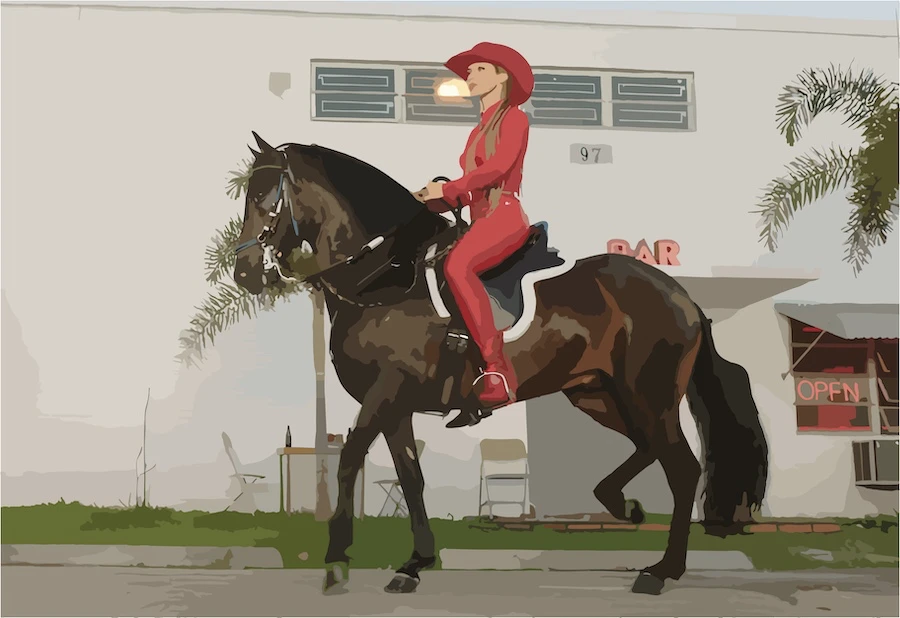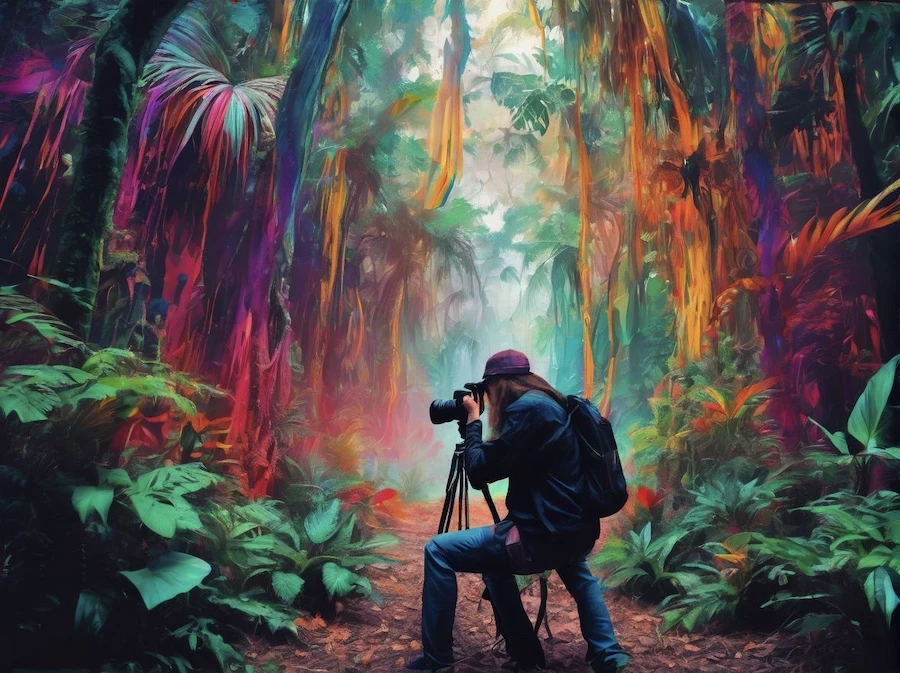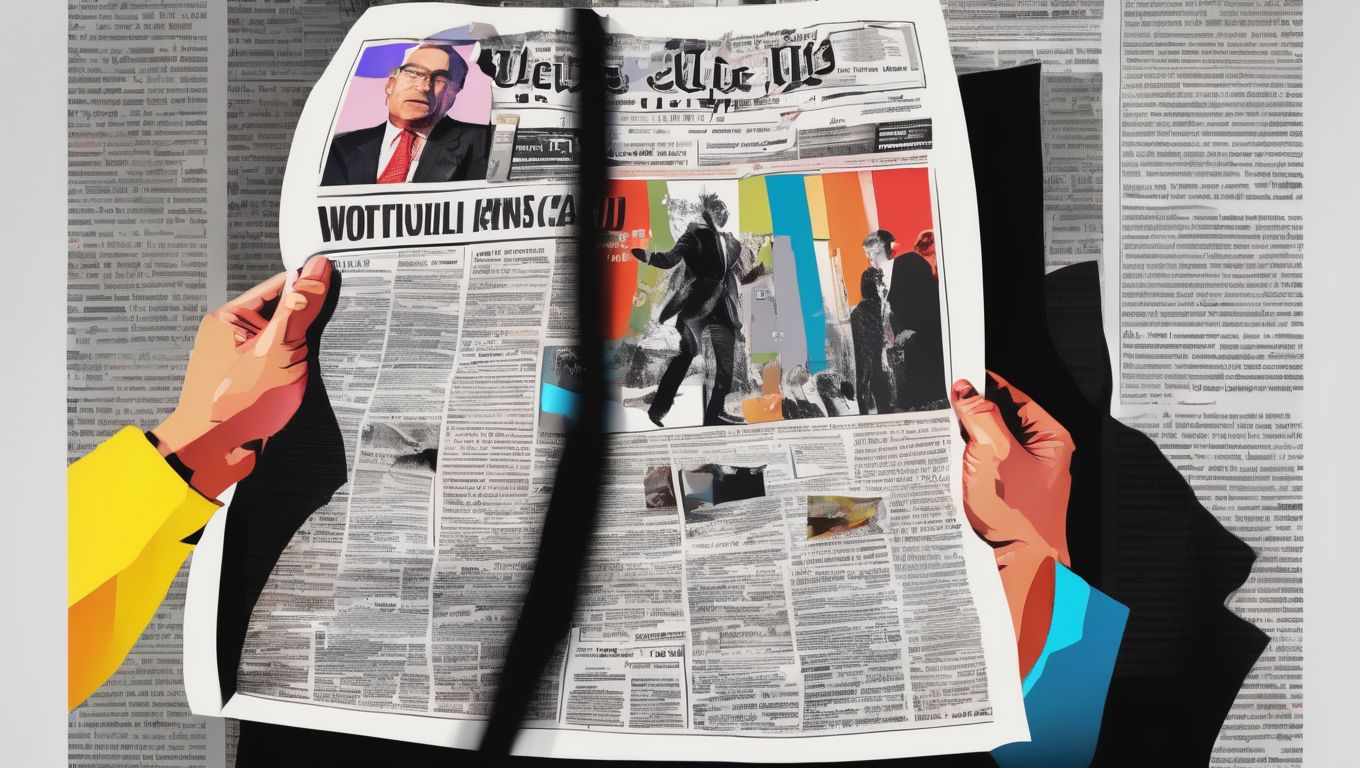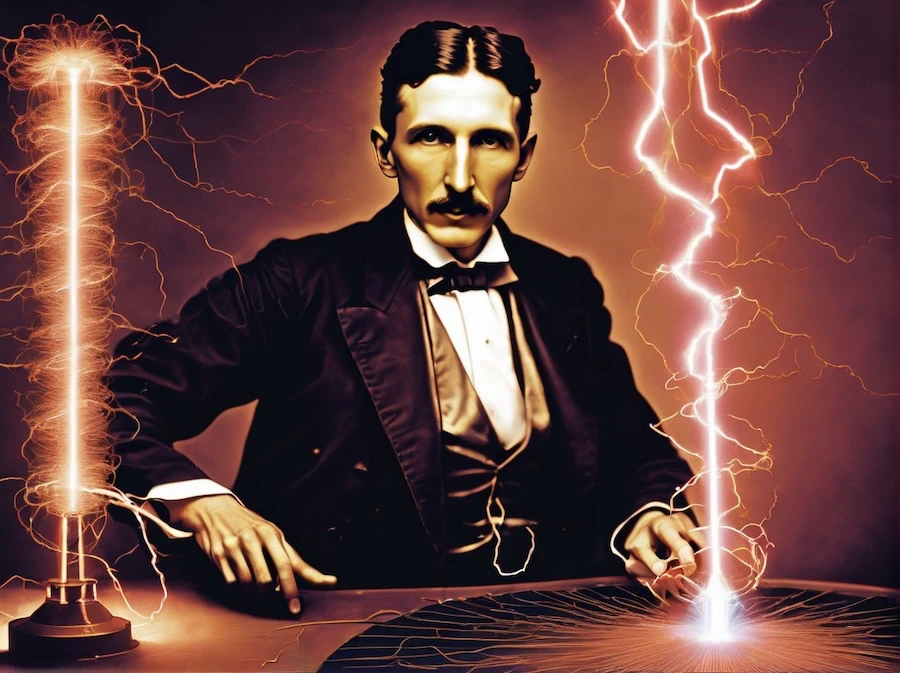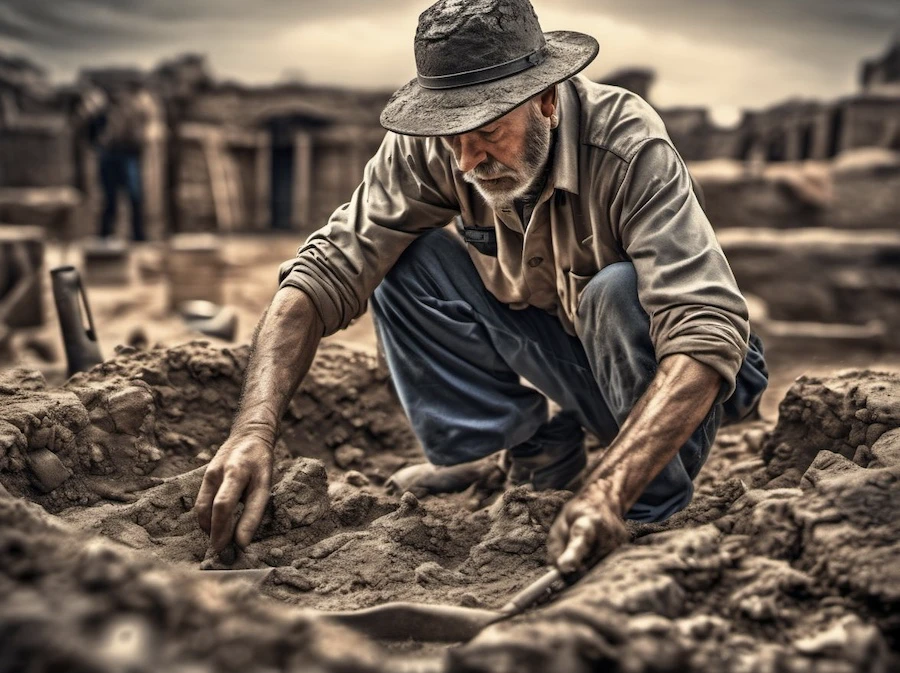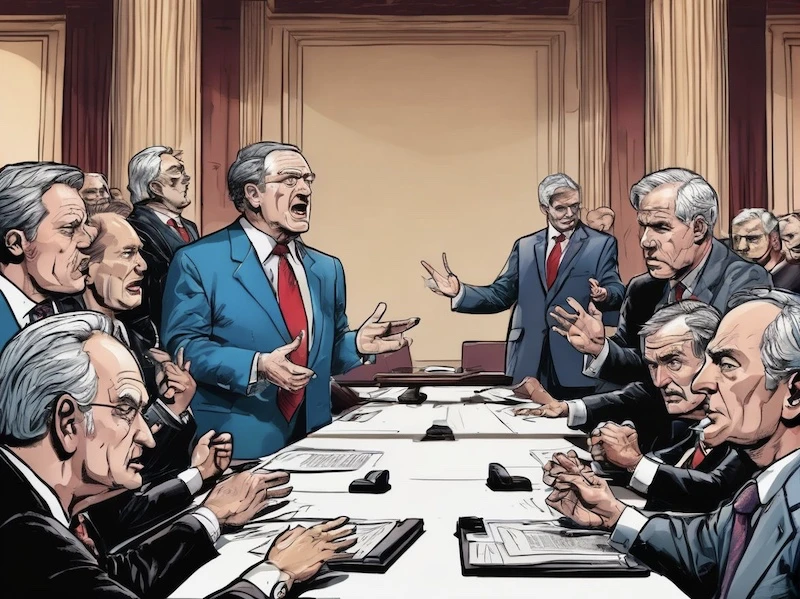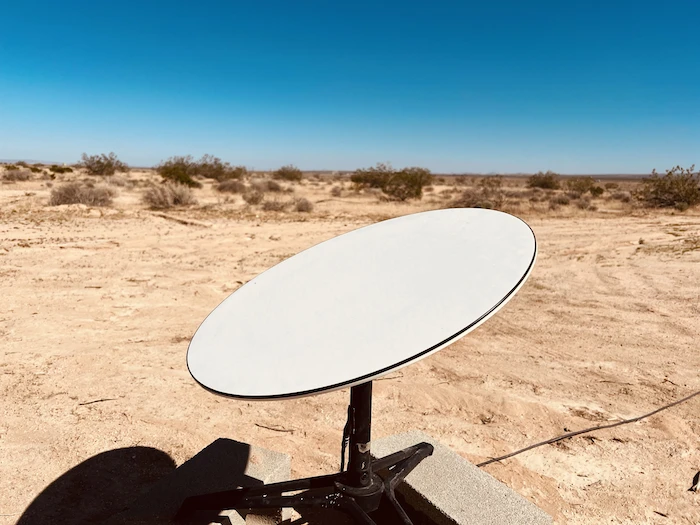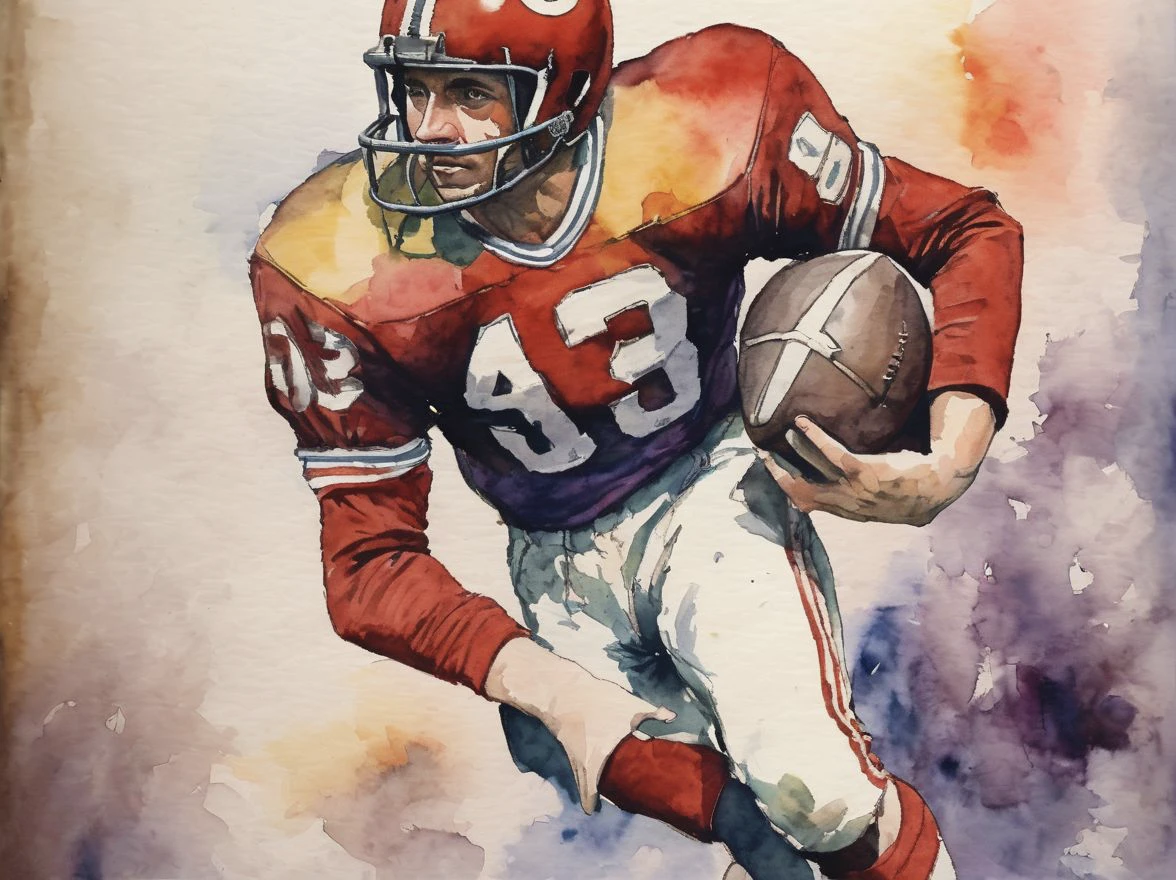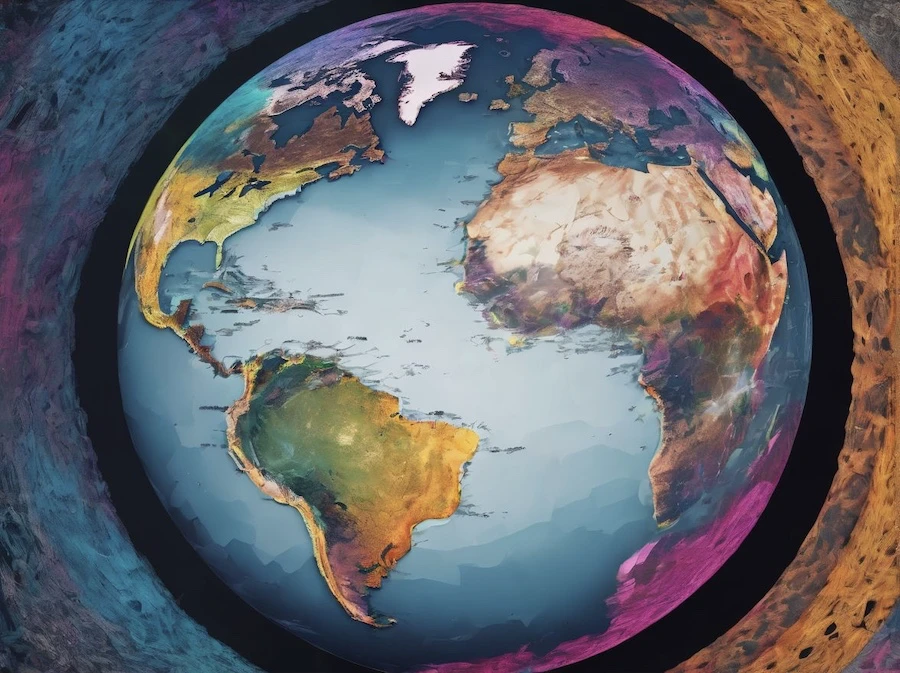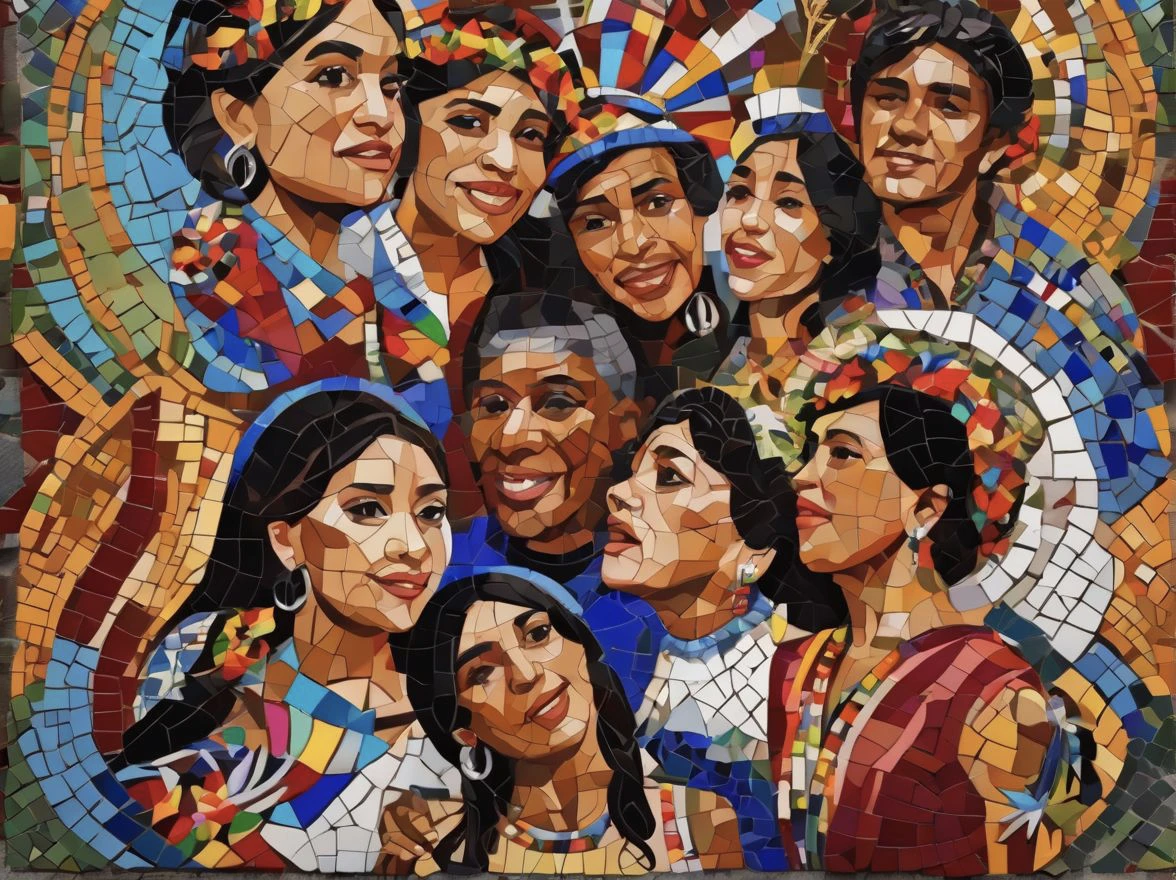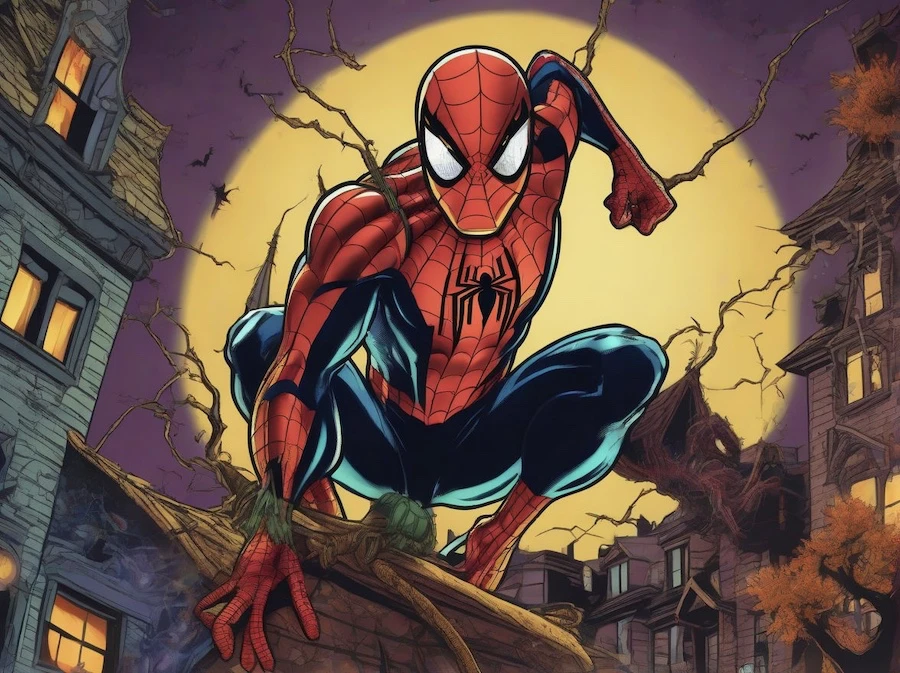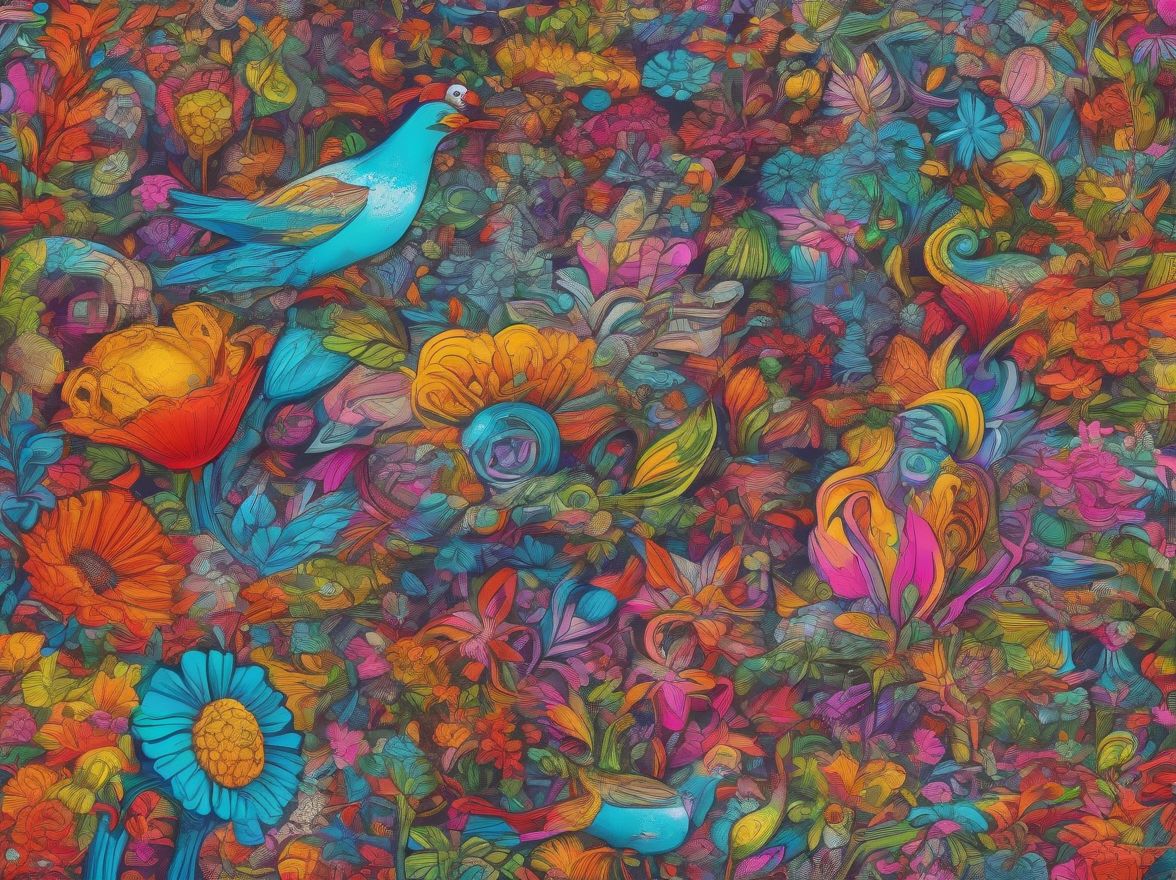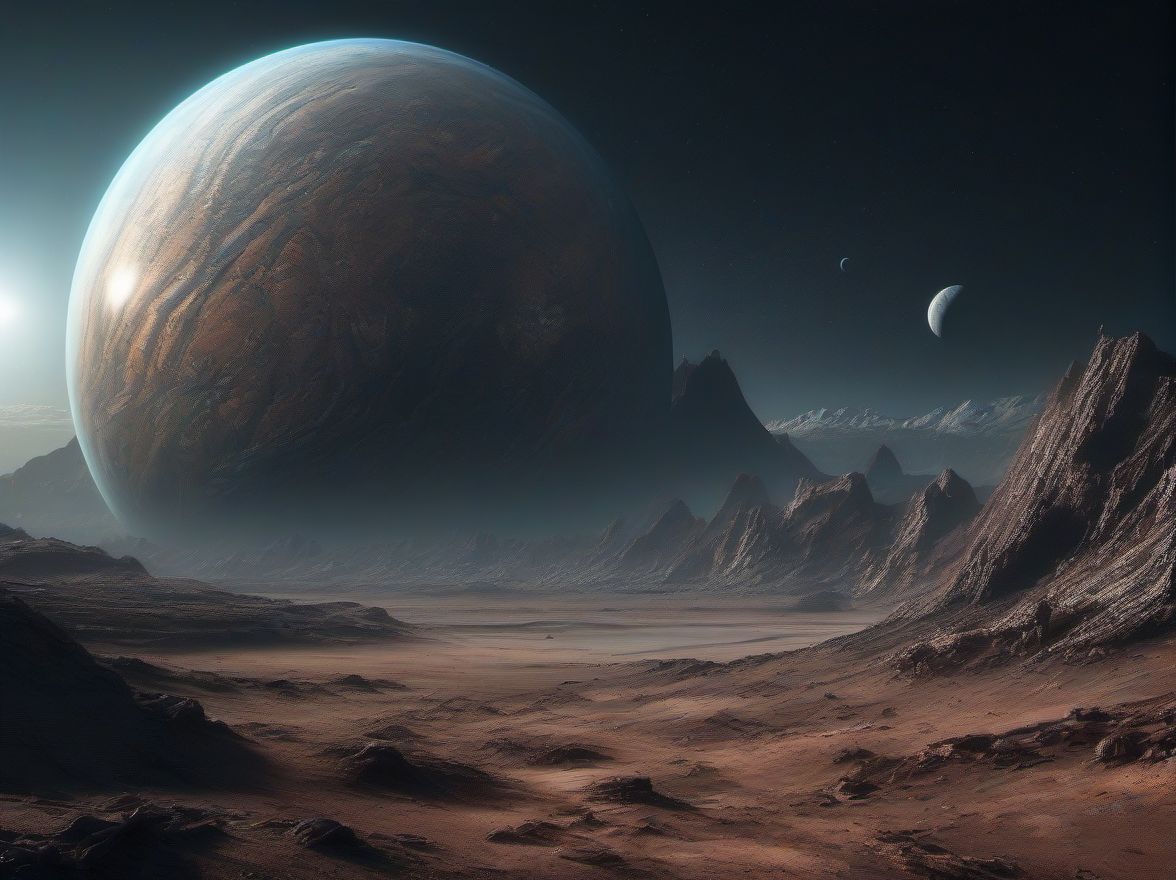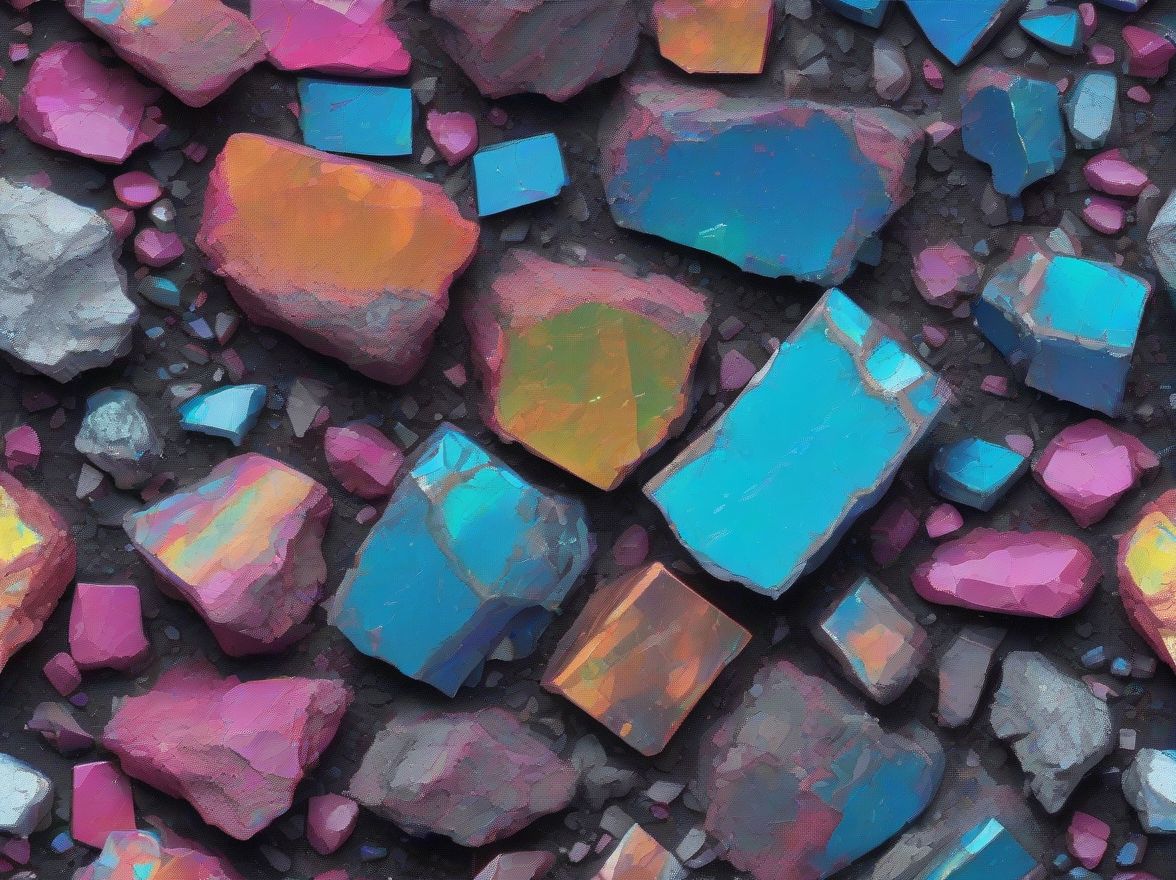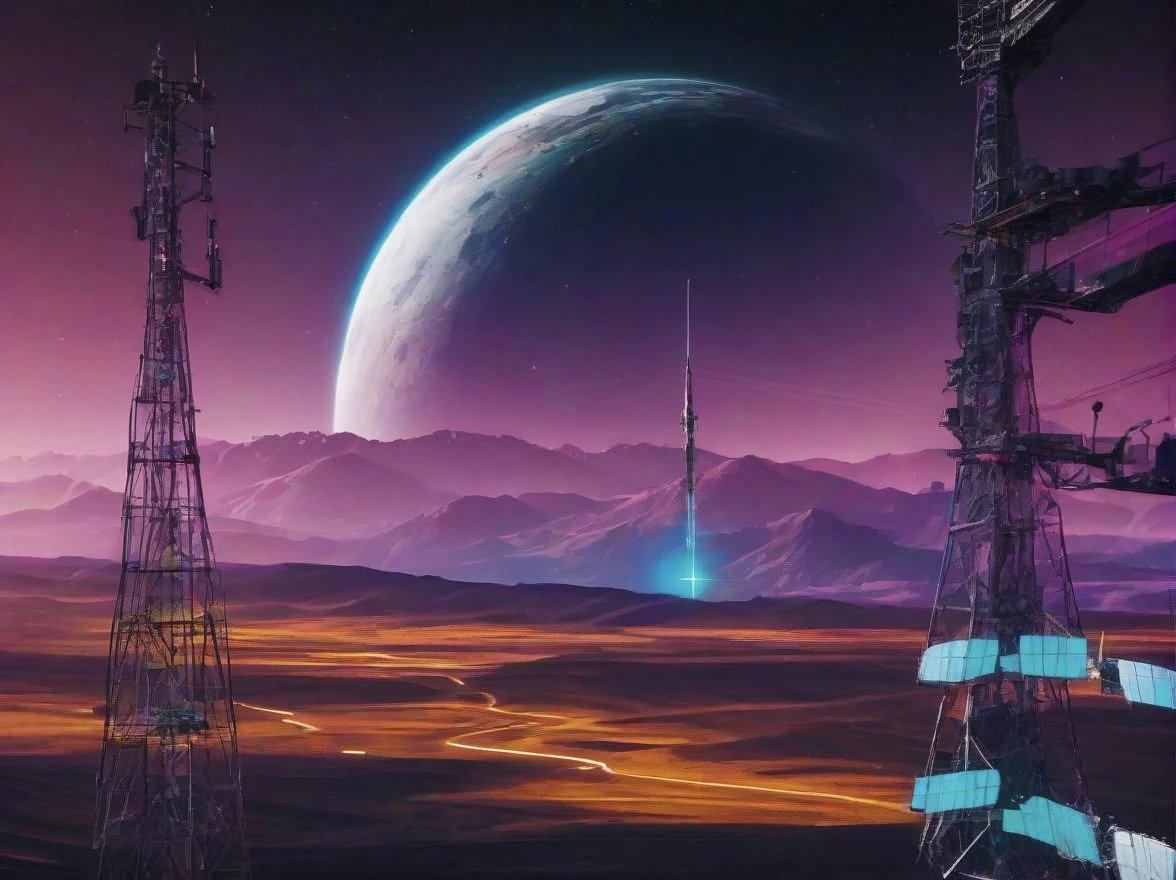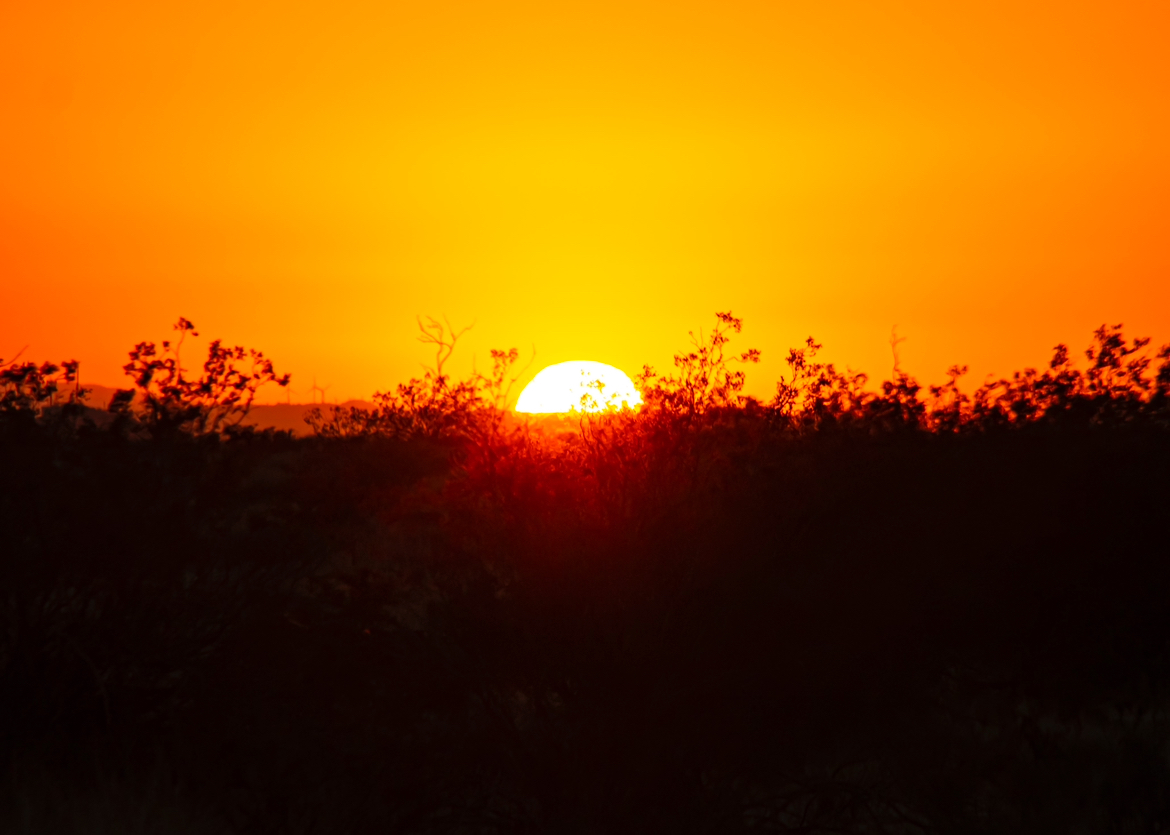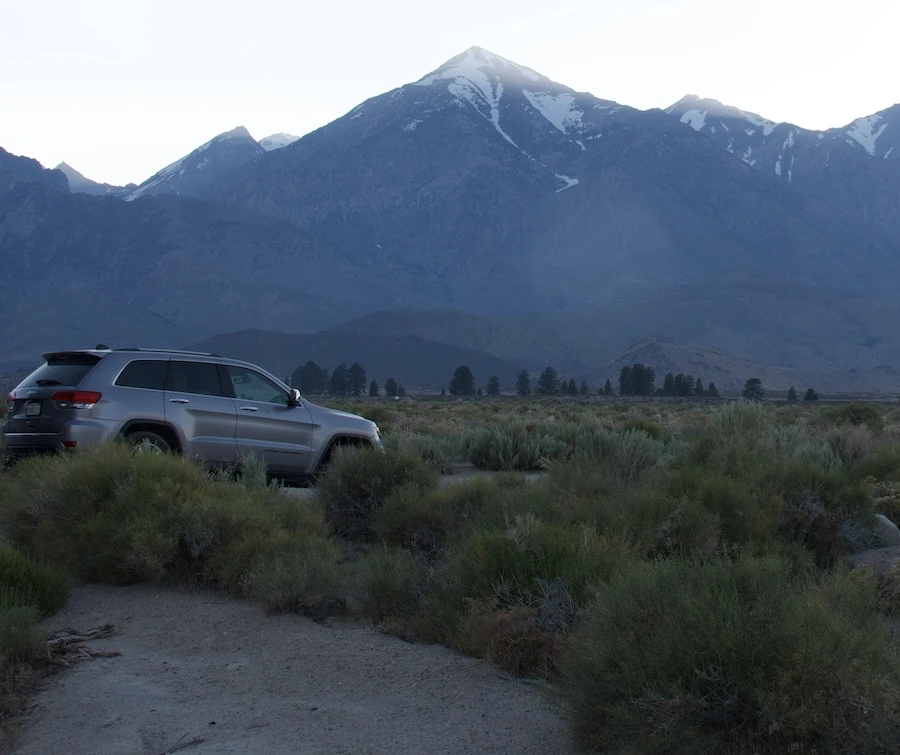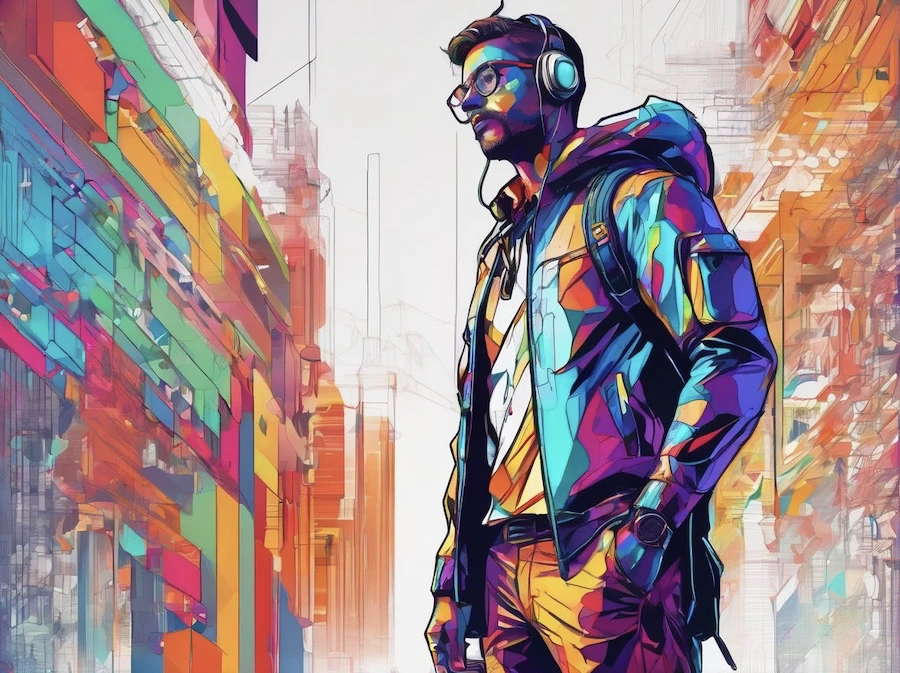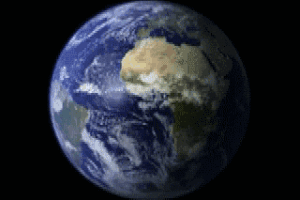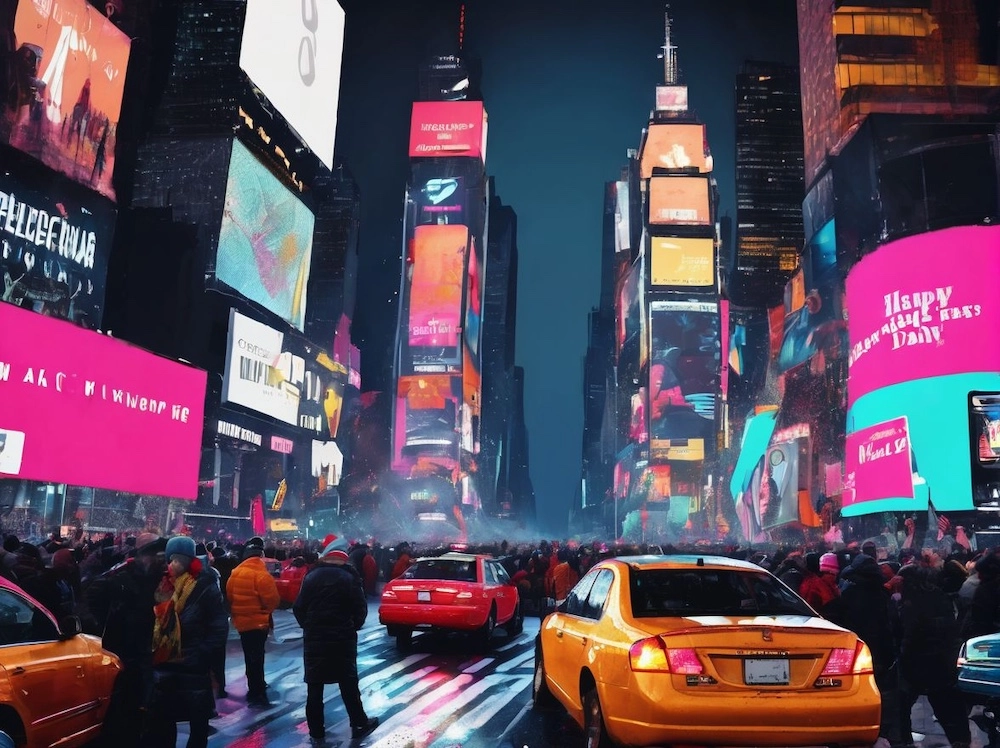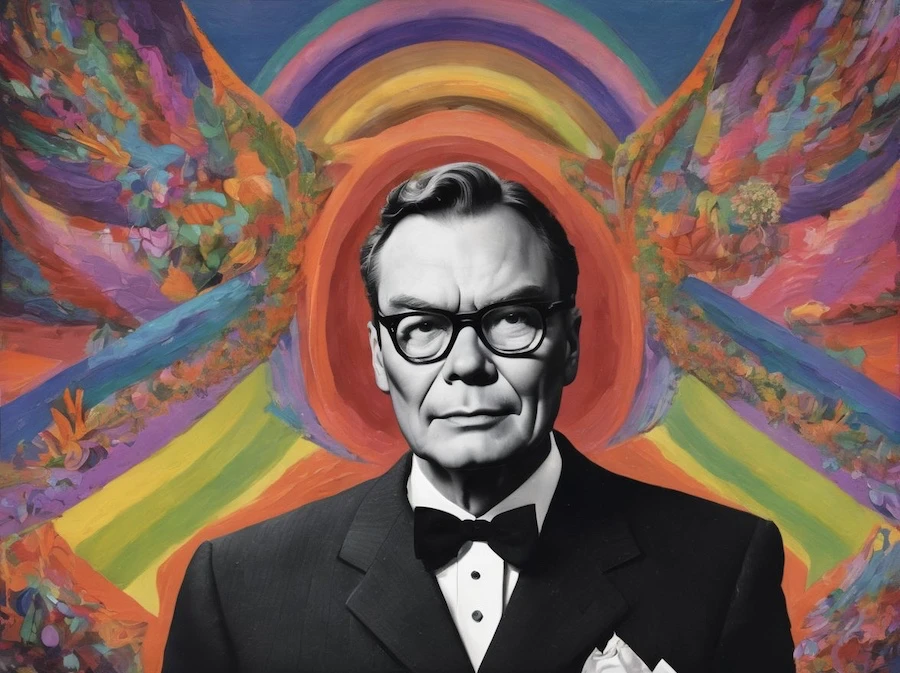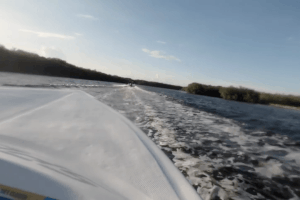October 9, 2023- 3RD OF 3
Columbus Day and Indigenous Peoples' Day: Navigating a Complex Historical Landscape
Columbus Day, an annual observance on the second Monday of October in the United States, has etched itself into the national consciousness. It is a day that historically commemorates Christopher Columbus's 1492 arrival in the Americas, signifying exploration, heritage, and the promise of new beginnings. Yet, beneath the surface of this holiday lies a rich, multifaceted history replete with its origins, controversies, and evolving interpretations. In this comprehensive exploration, we embark on a journey through time to unveil the complex and layered story of Columbus Day, while also looking at the rise of Indigenous Peoples' Day and its implications for the future.
The Pre-Columbus Day Era: Indigenous America
Long before the establishment of Columbus Day, the Americas were home to a rich tapestry of indigenous civilizations. From the mighty Aztec Empire in Mesoamerica to the advanced Inca society in South America, these diverse societies thrived for centuries. They boasted intricate cultures, sophisticated agricultural practices, and structured communities, leaving behind archaeological wonders and a testament to human achievement. The land was far from an empty canvas awaiting discovery; it was a dynamic mosaic of human history and civilization.
g-ad
Christopher Columbus's Voyages: Pioneering Exploration
At the heart of Columbus Day lies the epic voyages of Christopher Columbus, an Italian explorer in the service of Spain. In 1492, he set sail on his first momentous journey, steering his vessels across the vast Atlantic Ocean. His arrival on the shores of the Caribbean marked the initiation of European contact with the Americas, an event that reshaped the course of history. The explorations that followed unveiled the mysteries of these newfound lands, leading to a surge of European exploration and global interconnectedness.
For example, Columbus's first voyage led him to the islands of Guanahani (likely in the Bahamas) and Hispaniola (present-day Dominican Republic and Haiti). This historic encounter initiated the Columbian Exchange, a transformative process that exchanged goods, cultures, and diseases between the Old World and the New World.
The Birth of Columbus Day: Heritage and Celebration
Columbus Day as we know it today emerged in the late 19th century. It gained momentum through the tireless efforts of Italian-American communities eager to celebrate their cultural heritage and contributions to American society. The pivotal year was 1892, which marked the 400th anniversary of Columbus's maiden voyage. In commemoration, President Benjamin Harrison issued a proclamation for a one-time Columbus Day celebration. This landmark event paved the way for the holiday's establishment as an annual tradition.
For instance, the Columbus Day parade in New York City, one of the largest and most famous in the United States, has been a prominent celebration since its inception in 1929. It showcases Italian-American pride and pays homage to Columbus's achievements.
Controversies and Criticisms: A Darker Legacy
Despite its origins in celebration and exploration, Columbus Day has not been without controversy. Critics point to the darker aspects of Christopher Columbus's legacy, including his role in violence against indigenous populations and the forced labor of native peoples. These criticisms have led to a reevaluation of the holiday's significance and prompted discussions about historical accuracy, cultural sensitivity, and social justice.
For example, as early as the 1970s, activists and scholars began calling for the recognition of Indigenous Peoples' Day as an alternative holiday. This movement seeks to acknowledge the enduring contributions, resilience, and diverse cultures of Native American communities while fostering a more inclusive and accurate representation of history.
g-ad
Columbus Day in Modern Times: A Tapestry of Observance
In contemporary America, Columbus Day is observed in diverse ways, reflecting the evolving narrative surrounding the holiday. Some states and municipalities have chosen to honor Indigenous Peoples' Day instead, recognizing the resilience and contributions of Native American communities. In other regions, the traditional observance of Columbus Day continues with parades, festivals, and ceremonies.
For instance, cities like Los Angeles and Seattle have replaced Columbus Day with Indigenous Peoples' Day, embracing a more inclusive approach that acknowledges the historical and cultural significance of Native American communities.
The Future of Columbus Day and Indigenous Peoples' Day
The future of Columbus Day and Indigenous Peoples' Day is a dynamic and evolving landscape. Indigenous Peoples' Day has gained momentum, with an increasing number of states and cities adopting it as a replacement for or alongside Columbus Day. This shift represents a growing acknowledgment of indigenous perspectives, cultural contributions, and the historical injustices faced by native communities.
The ongoing dialogue surrounding these holidays raises important questions about how societies choose to commemorate their history. It prompts discussions about historical accuracy, cultural sensitivity, and the need for a more inclusive narrative that recognizes the complex and layered history of the Americas.
A Multifaceted Reflection on History
Columbus Day, with its intricate history, embodies the layers of America's past and present. It is a celebration of exploration, a recognition of heritage, and a forum for ongoing discussions about the impact of history on contemporary society. As we commemorate Columbus Day, it serves as an opportunity to reflect on the nuanced history of the Americas, the legacy of indigenous cultures, and the enduring dialogue about history, identity, and social justice in our interconnected world. It is a day to remember the past, honor diverse perspectives, and continue the journey toward a more inclusive and historically accurate narrative. The rise of Indigenous Peoples' Day represents a significant chapter in this ongoing story.
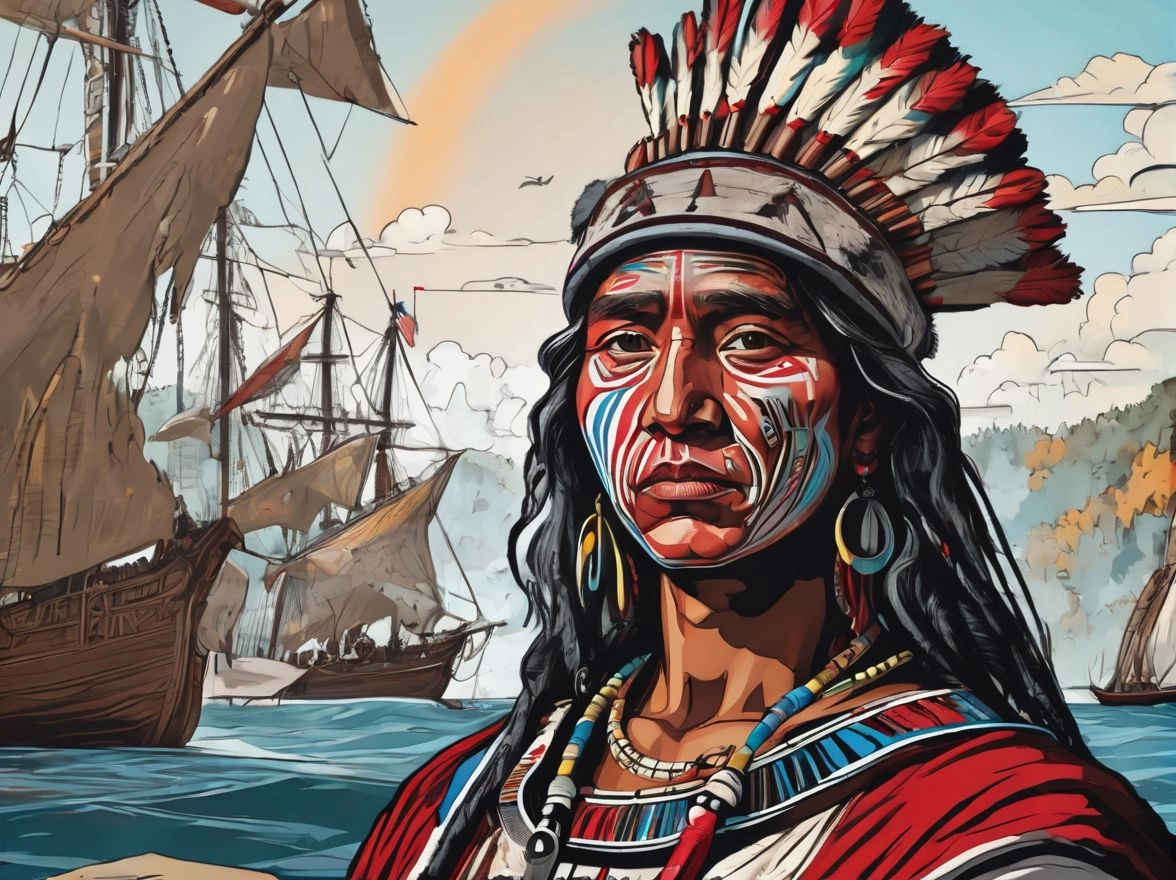

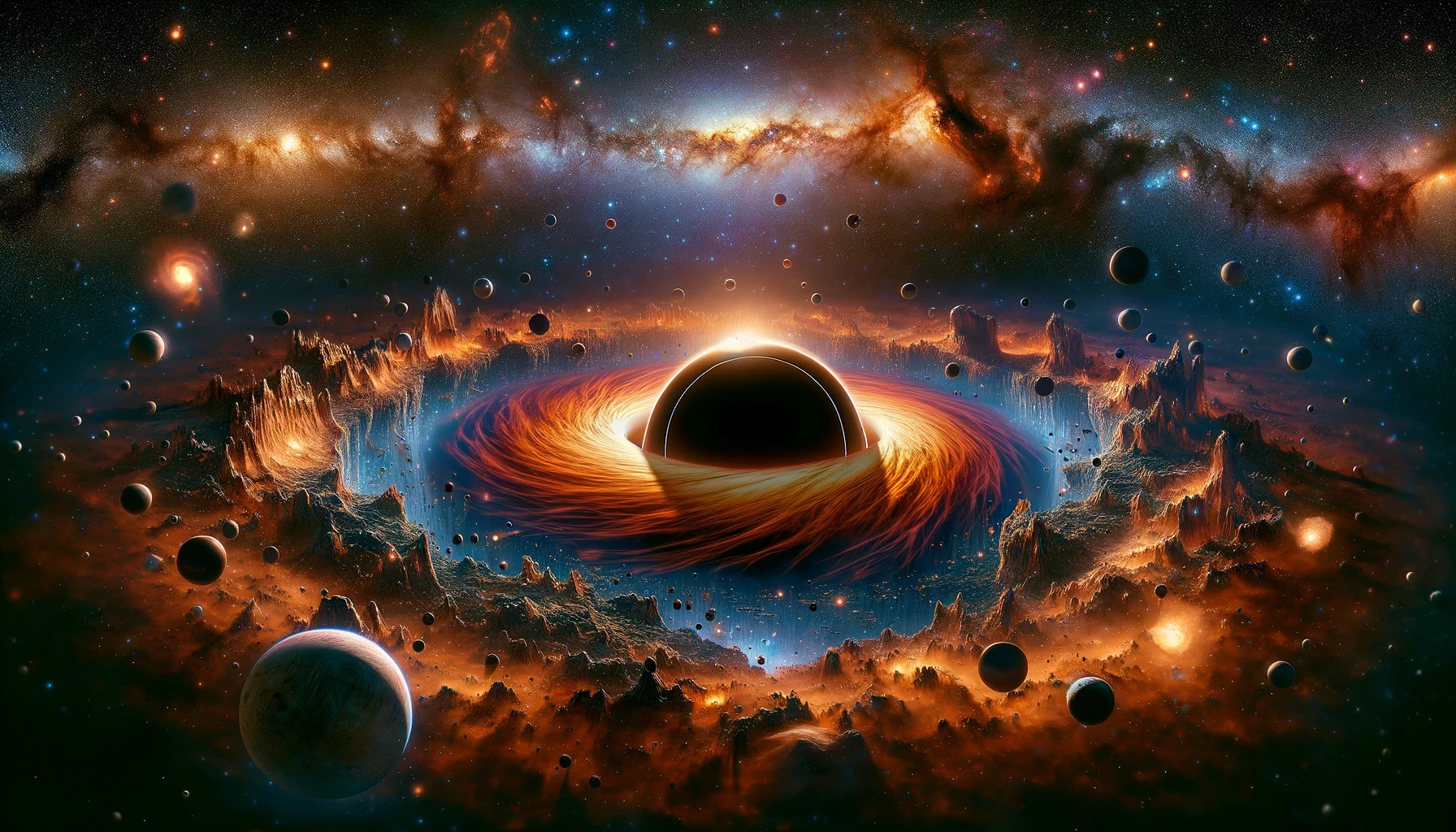




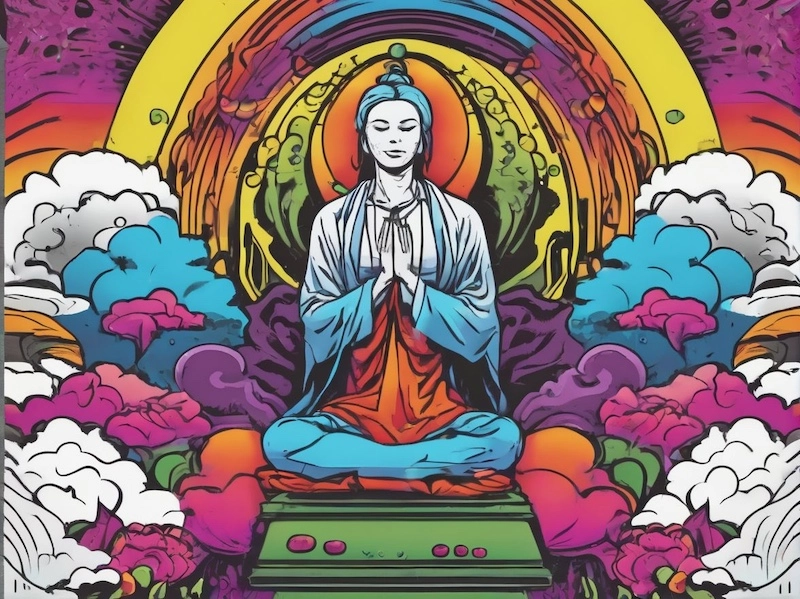
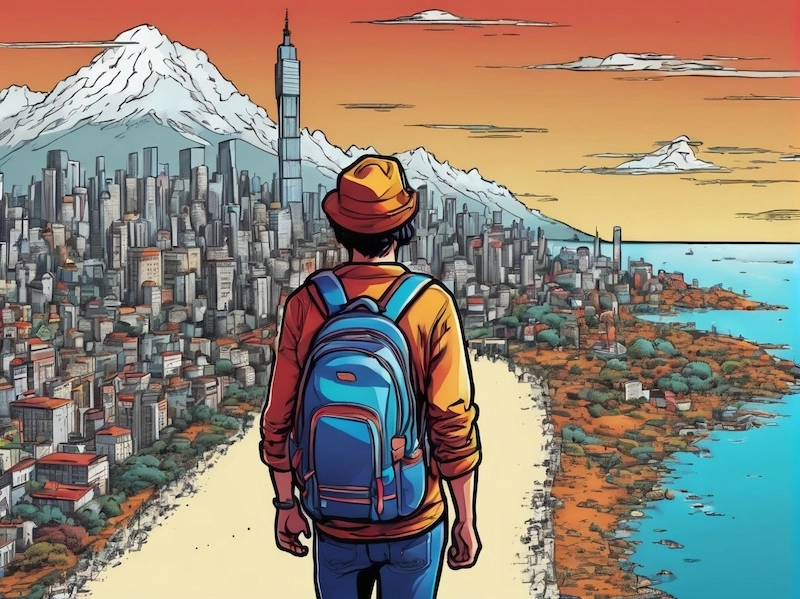

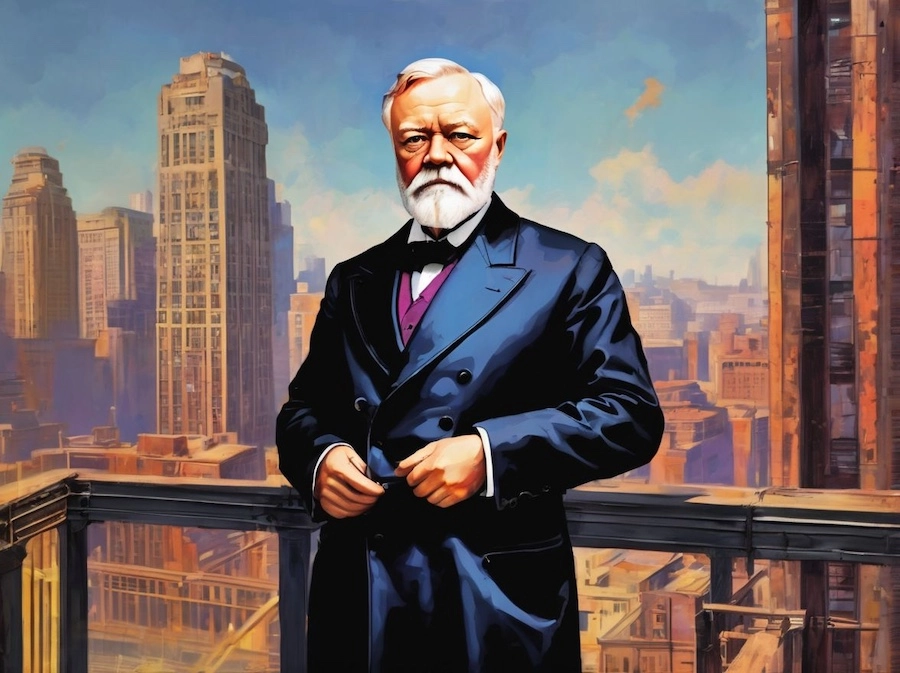
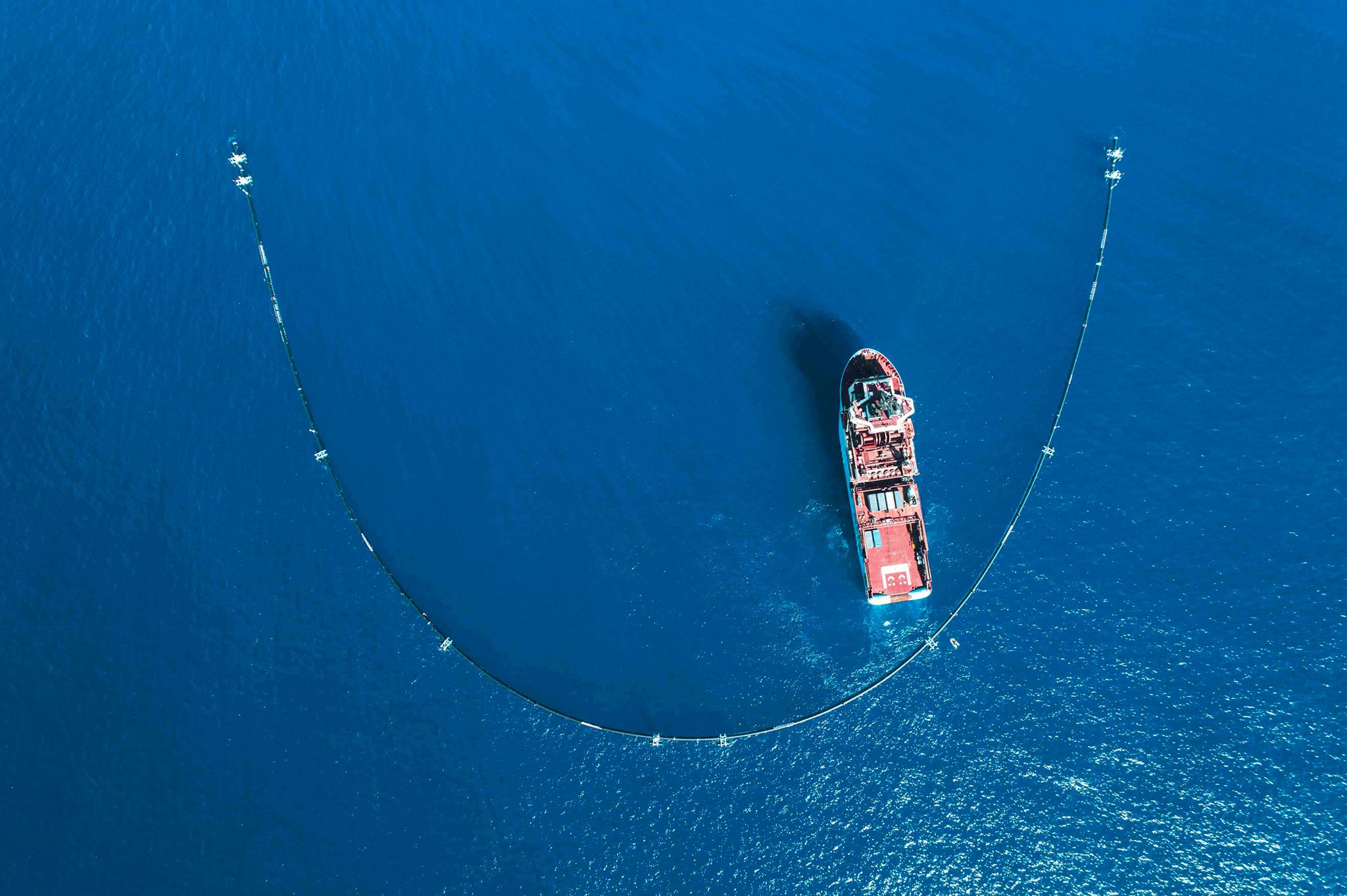
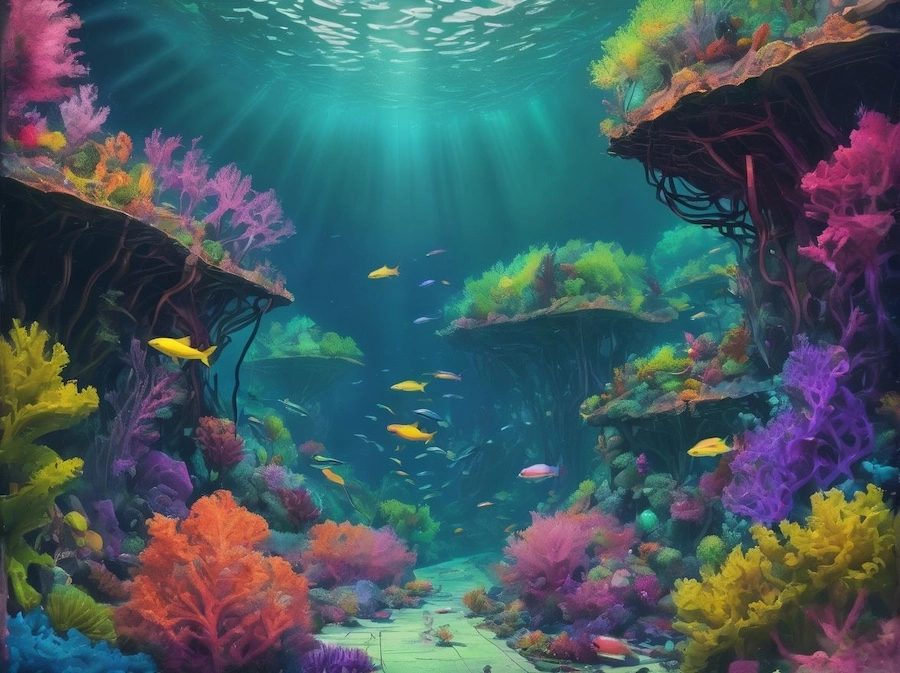



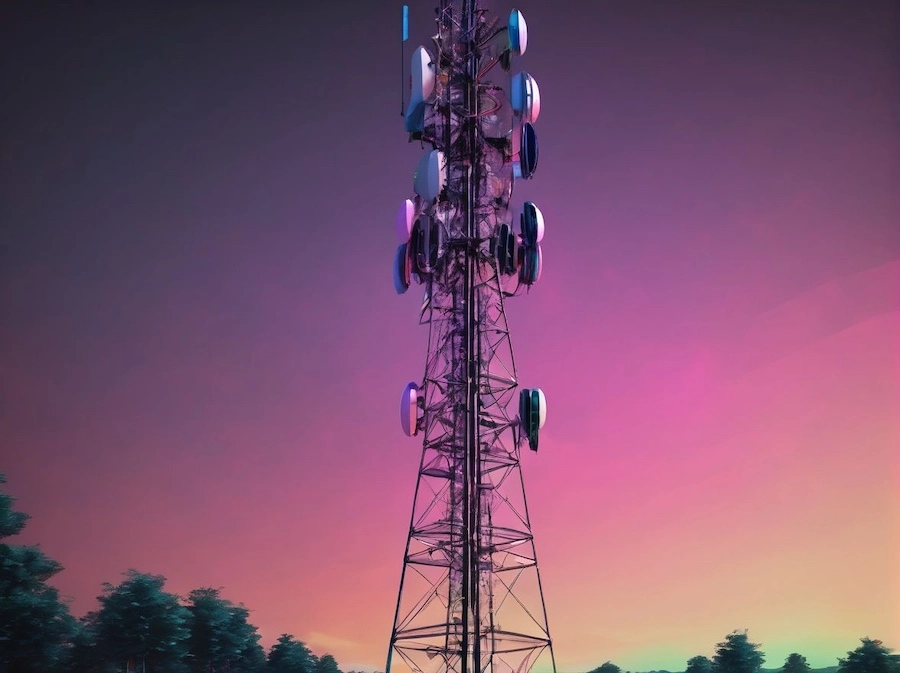

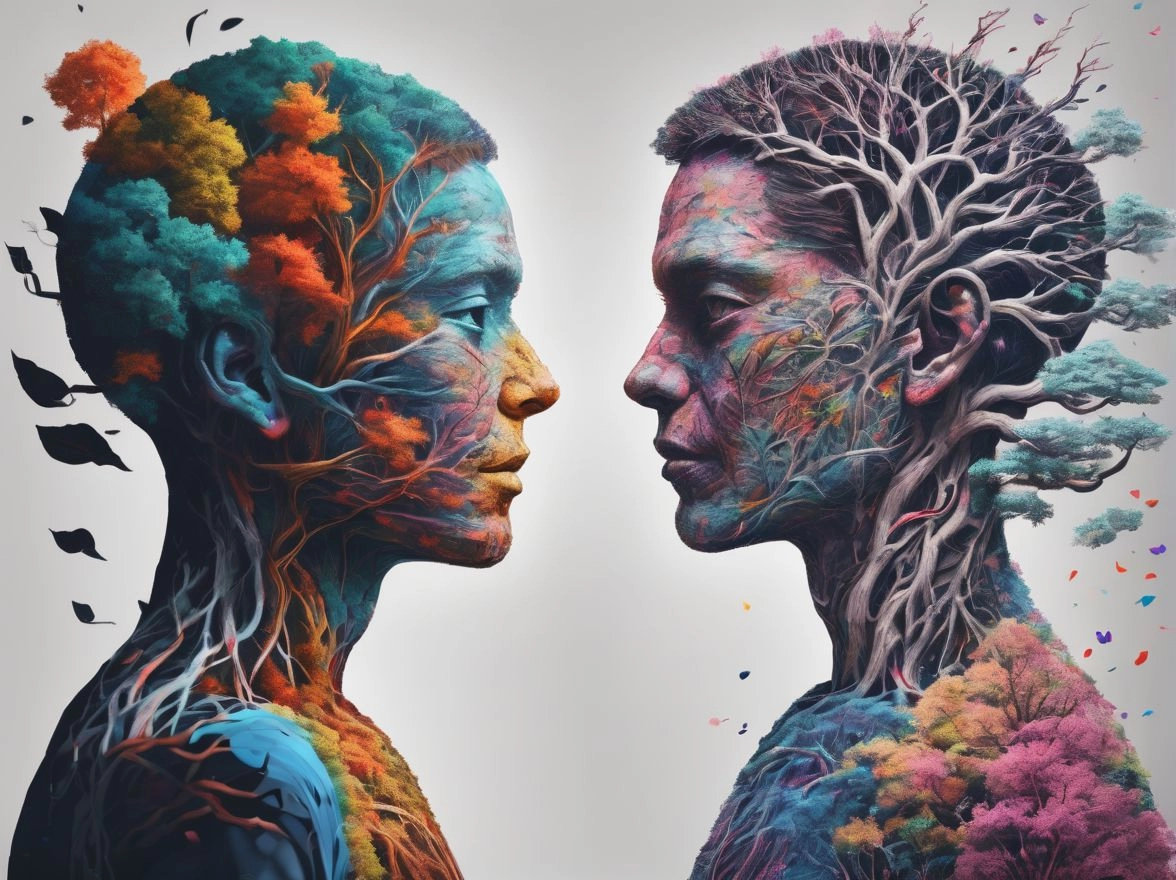
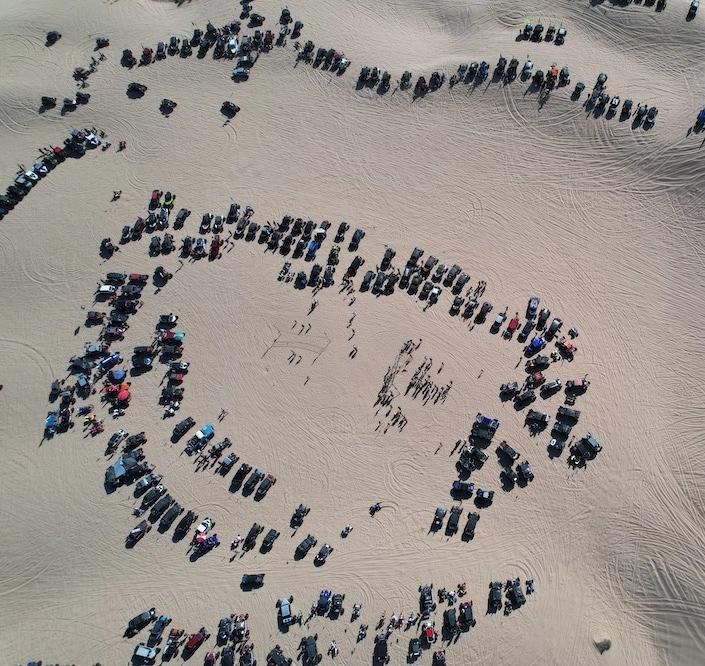
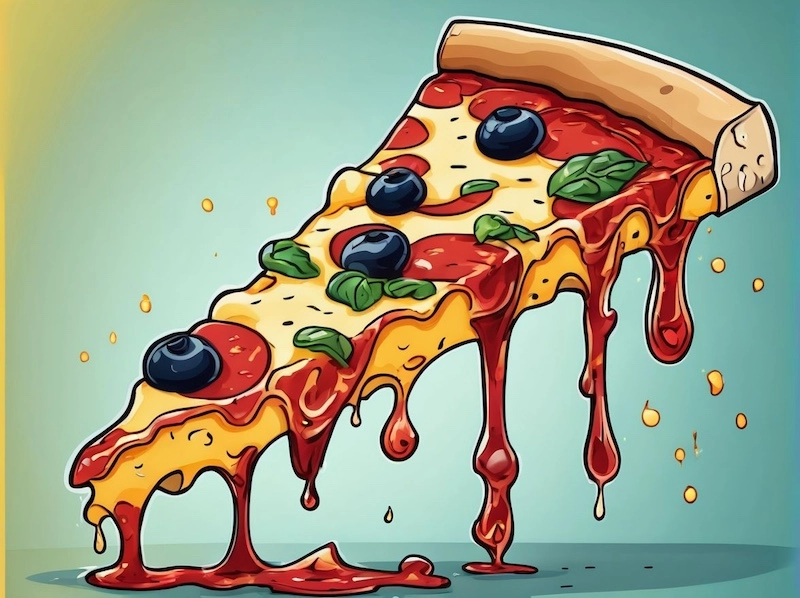
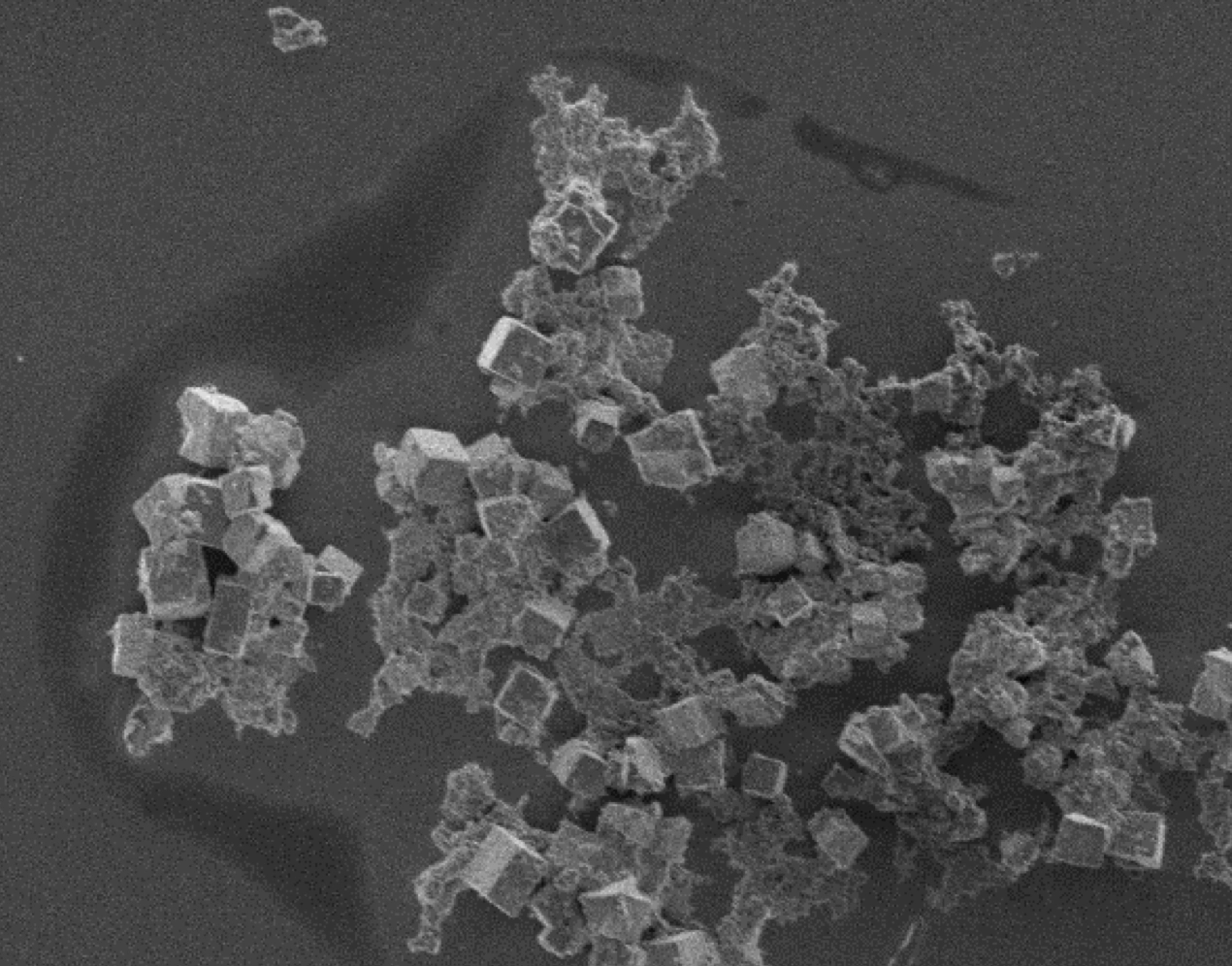


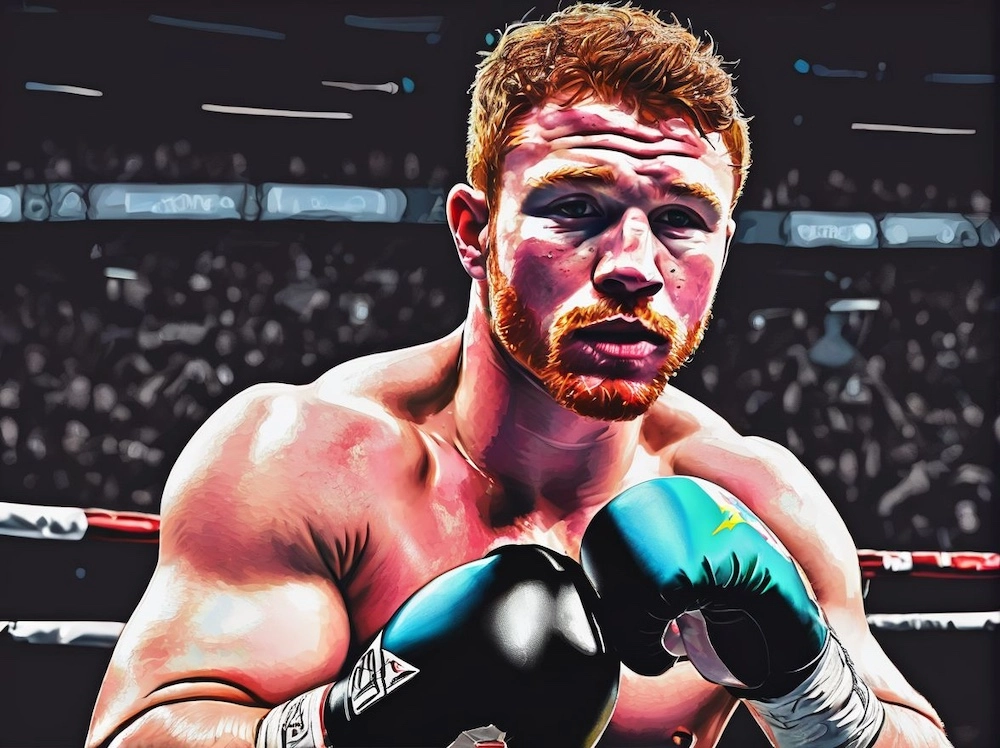
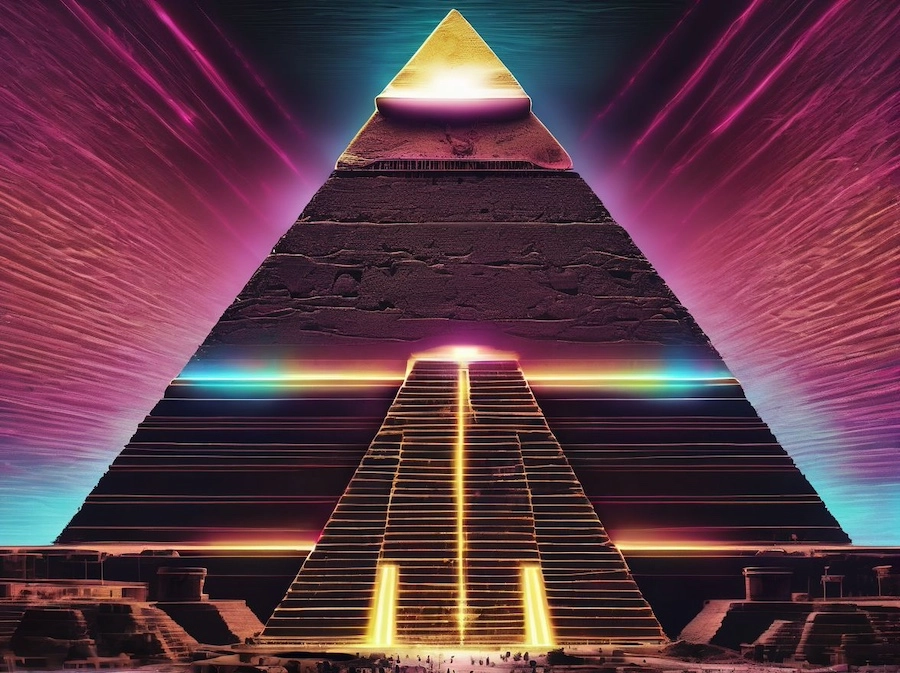
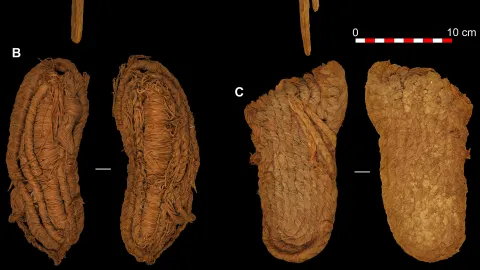

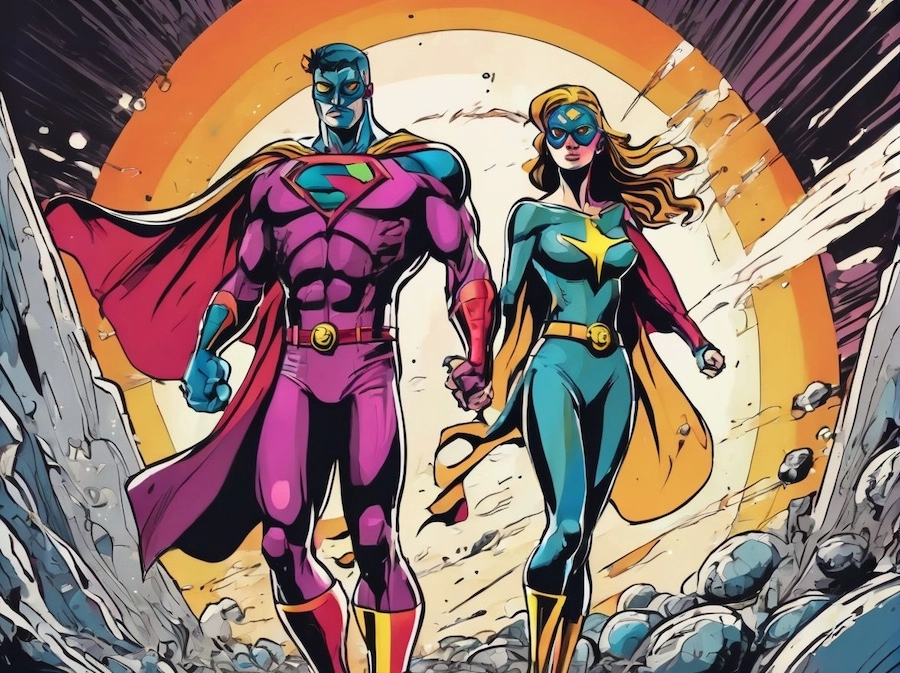

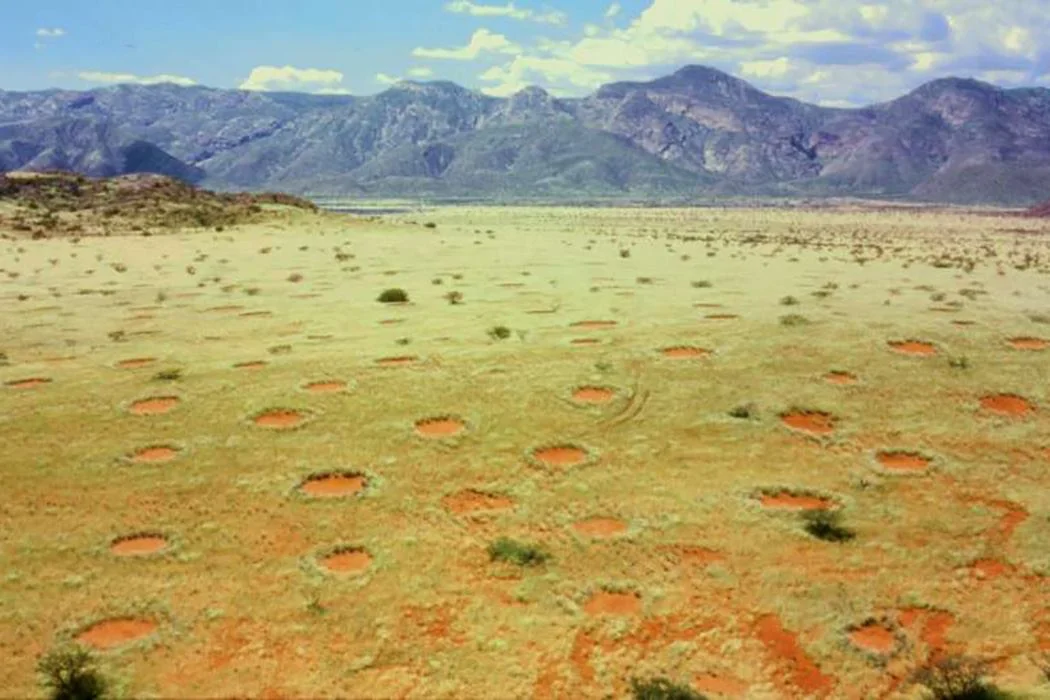
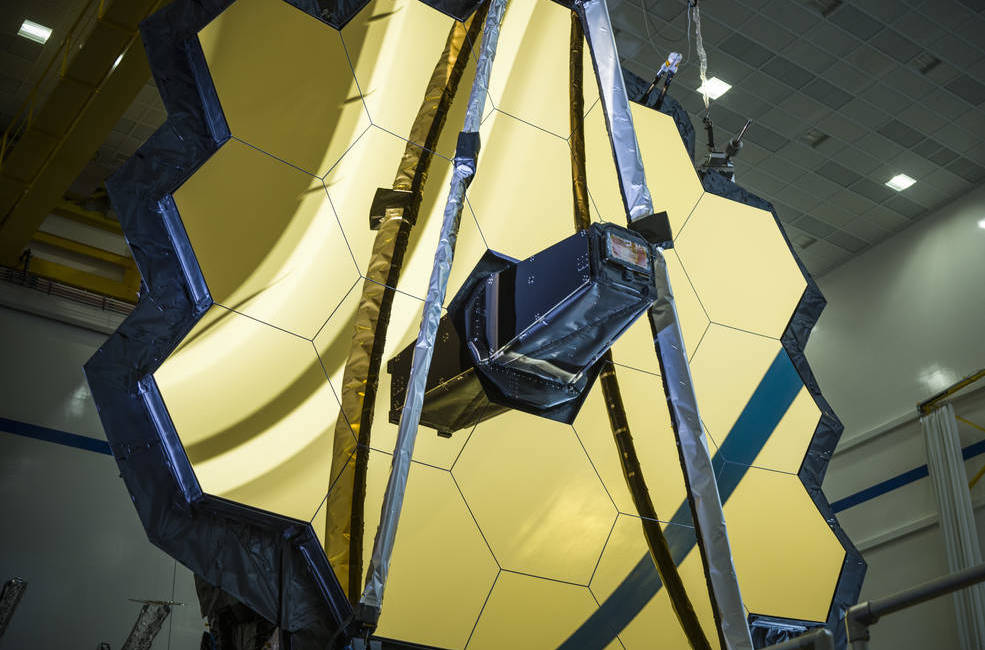
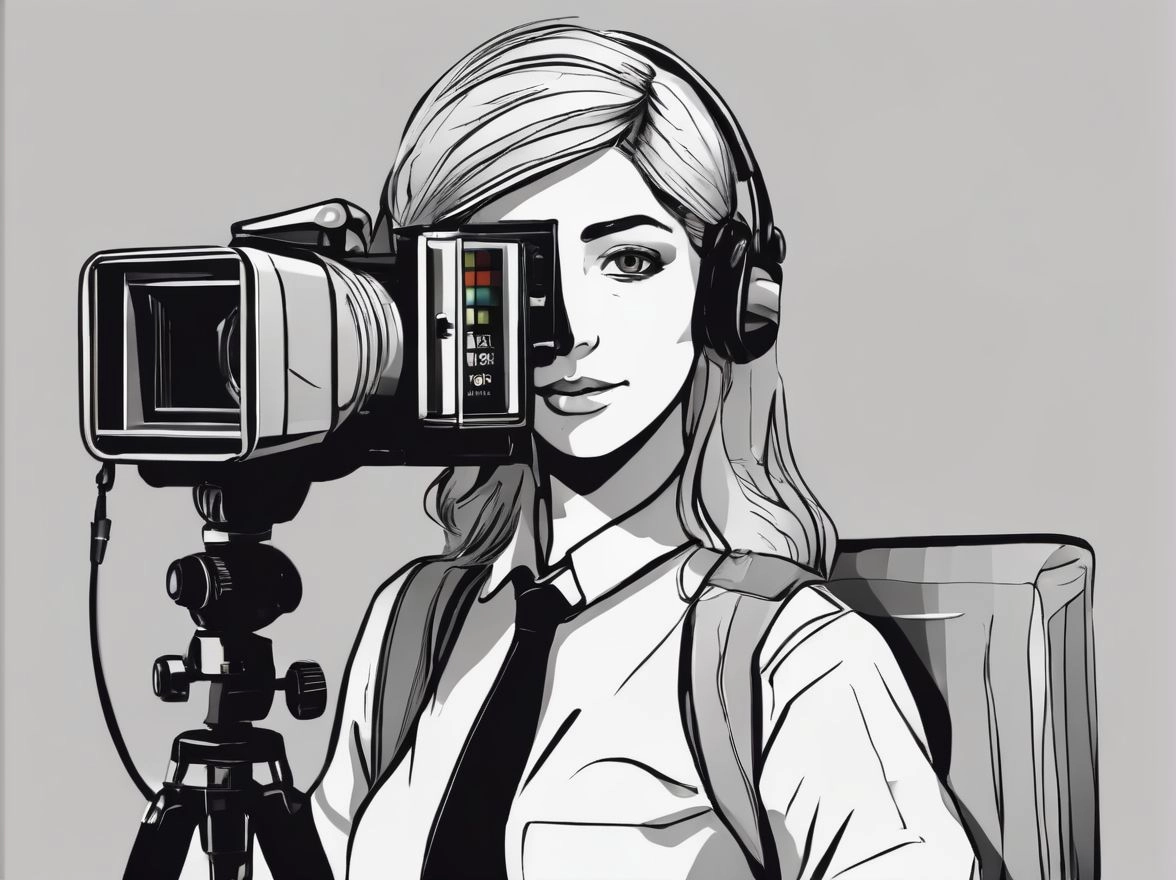
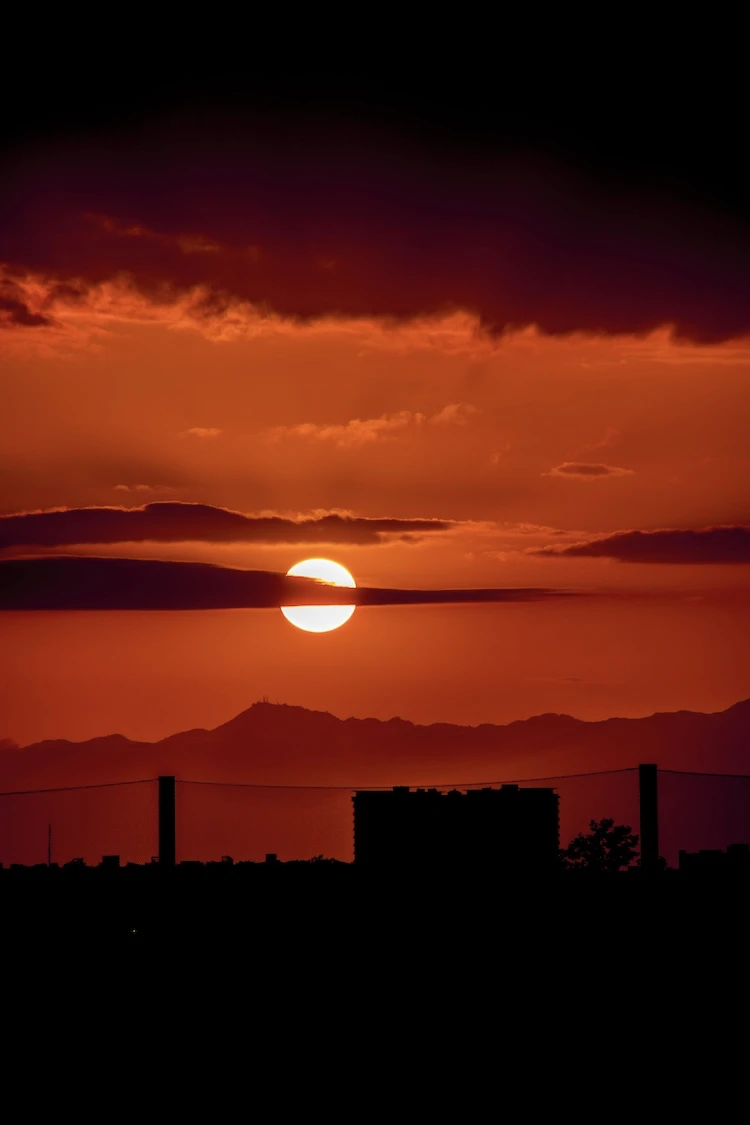


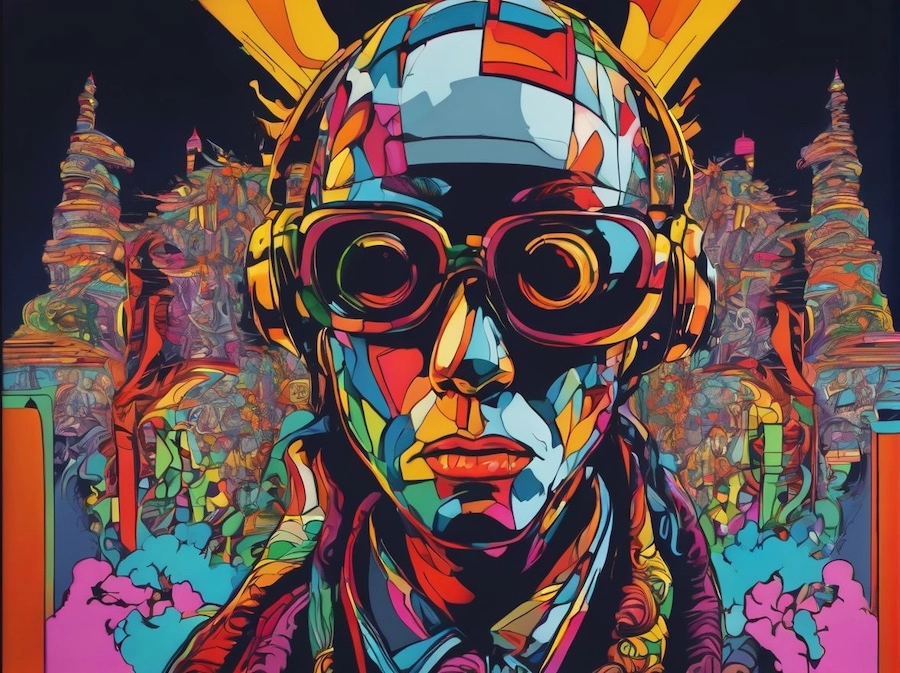
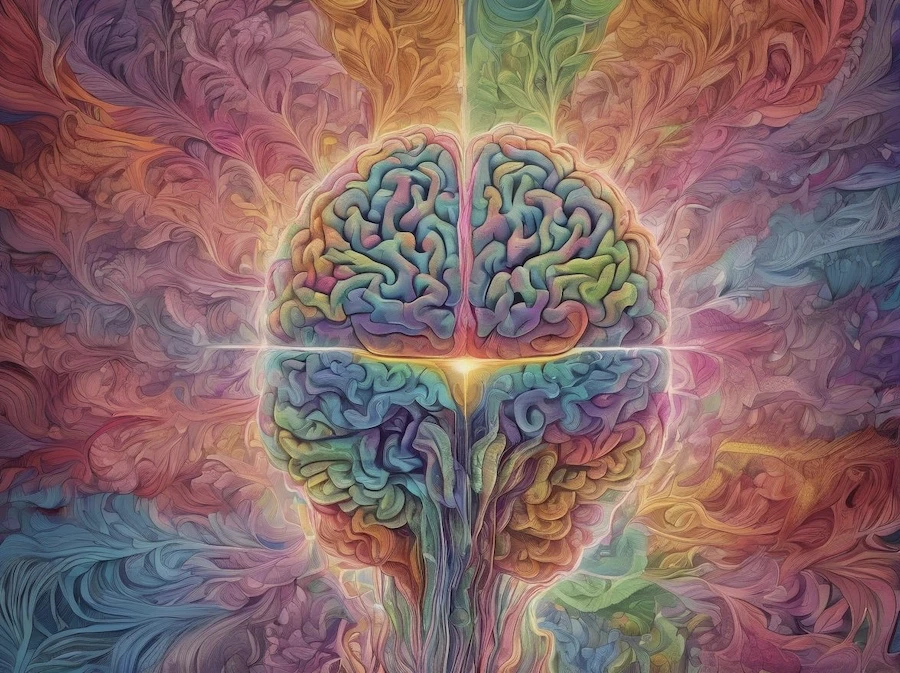
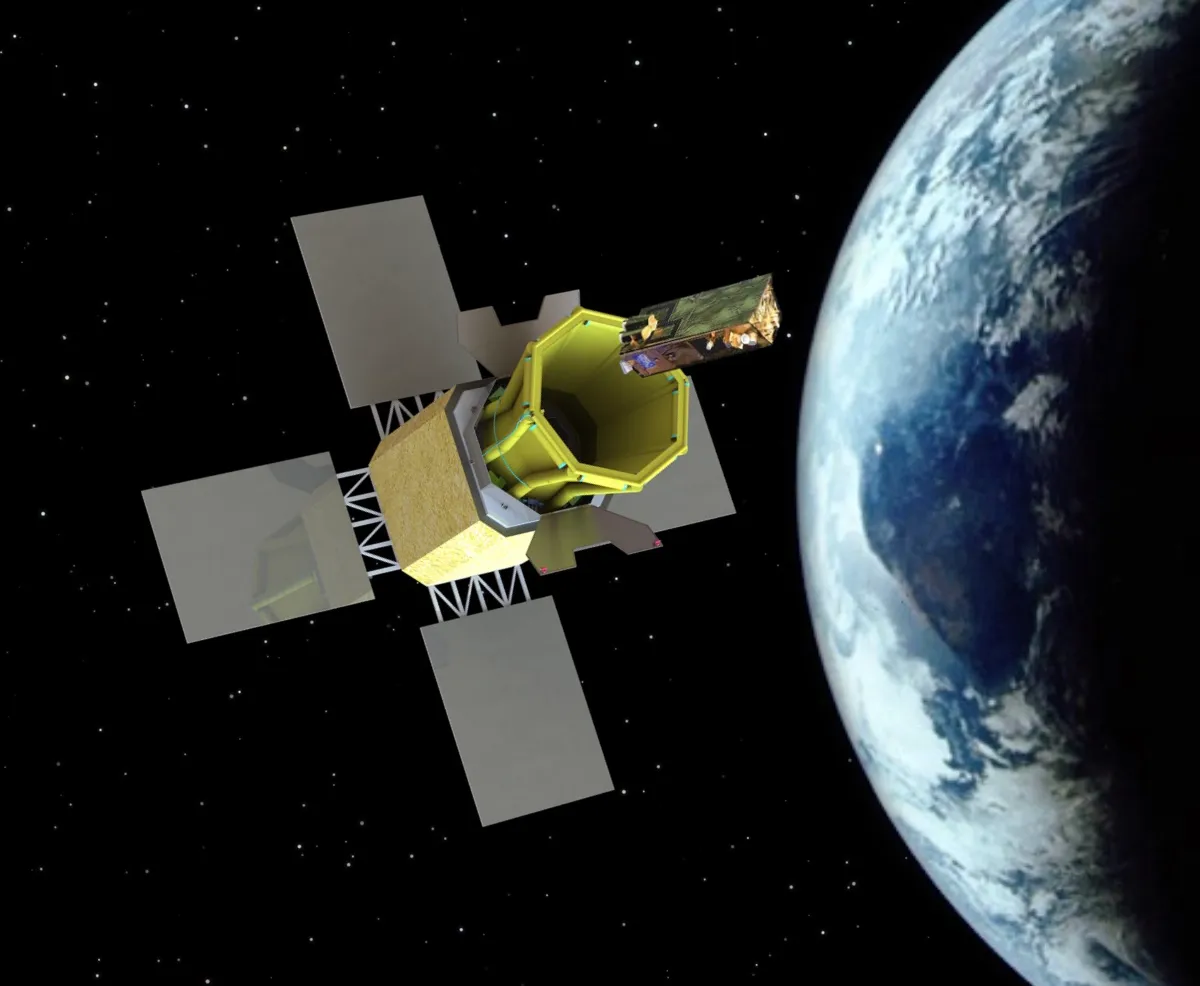
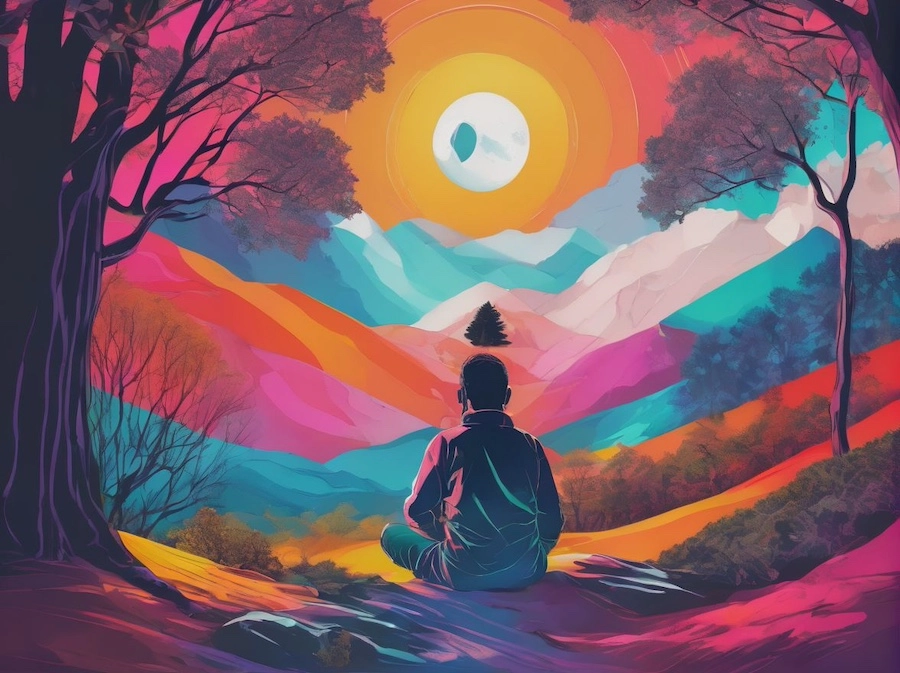

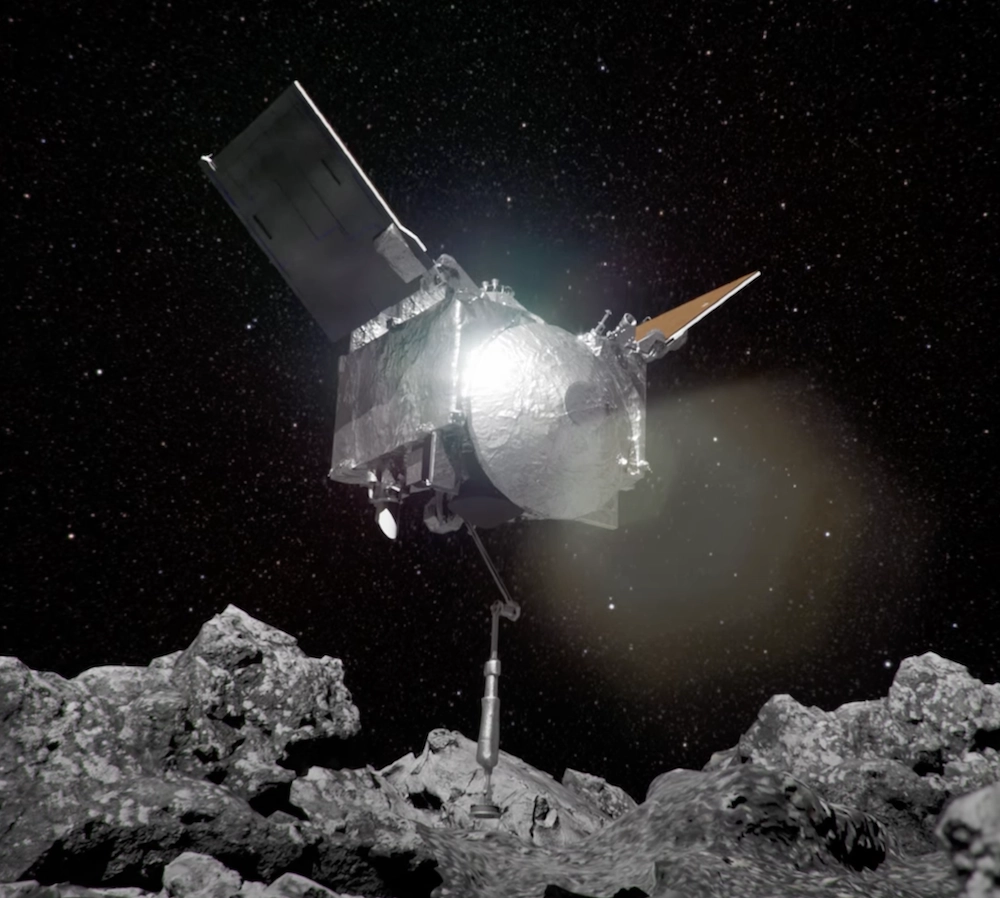

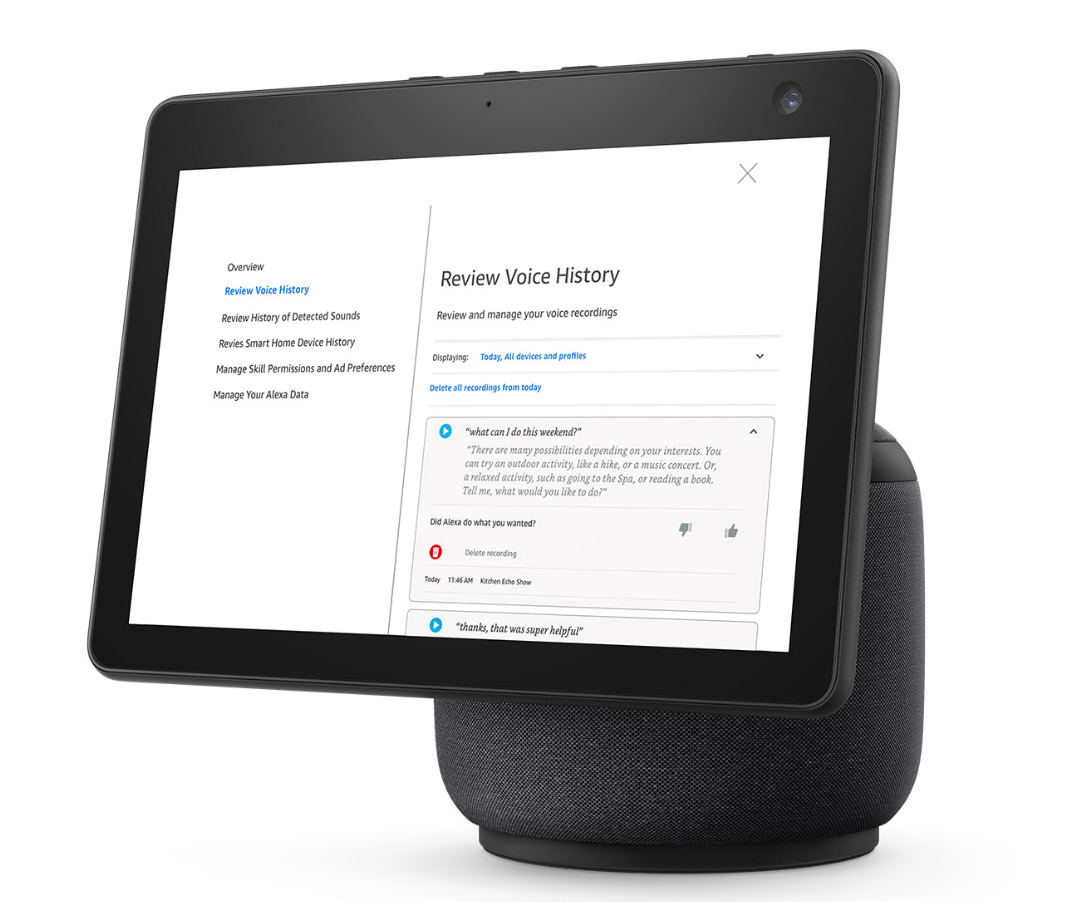
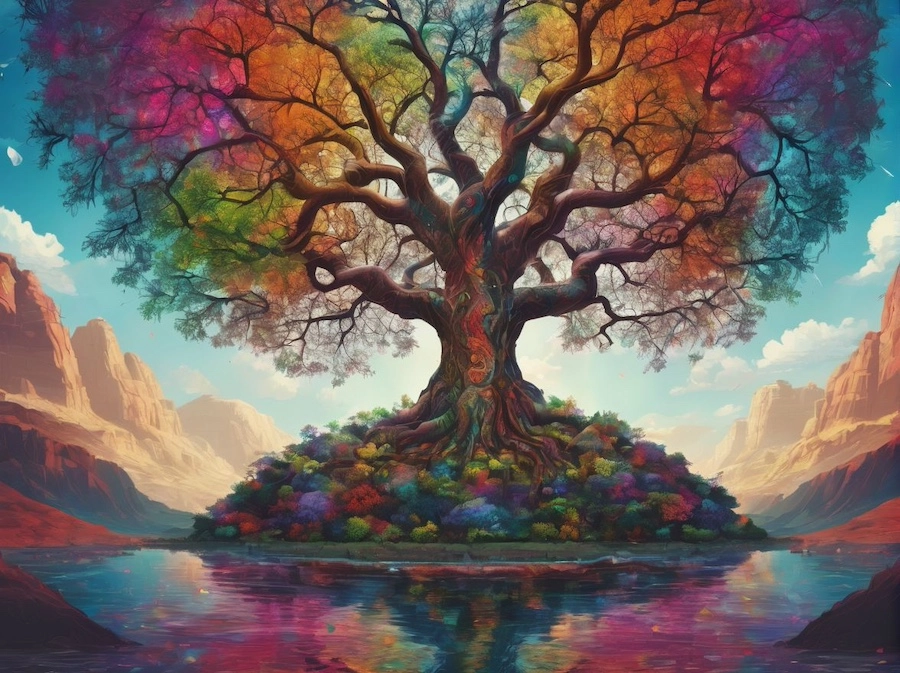

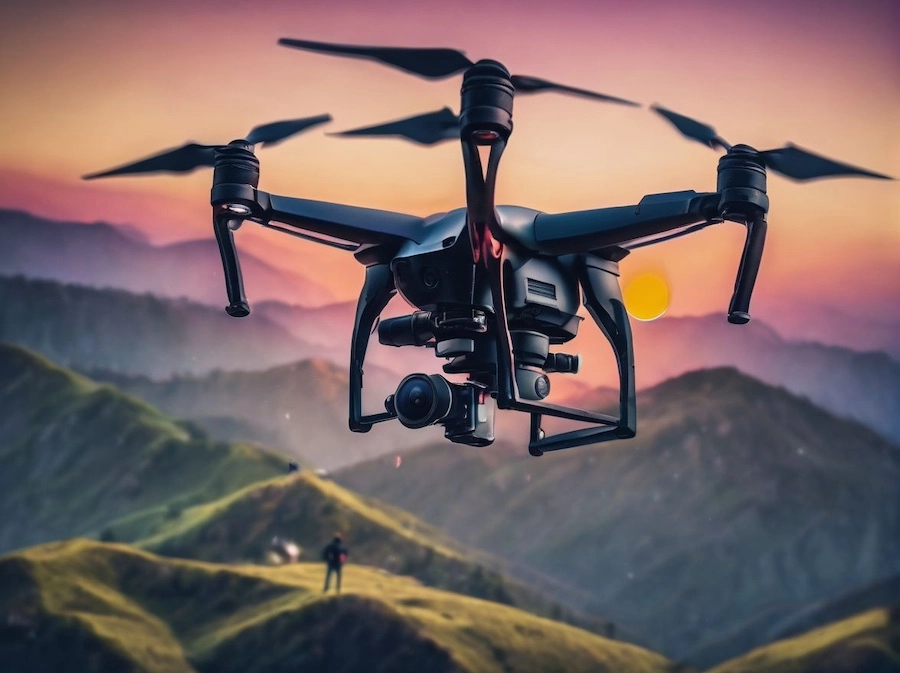
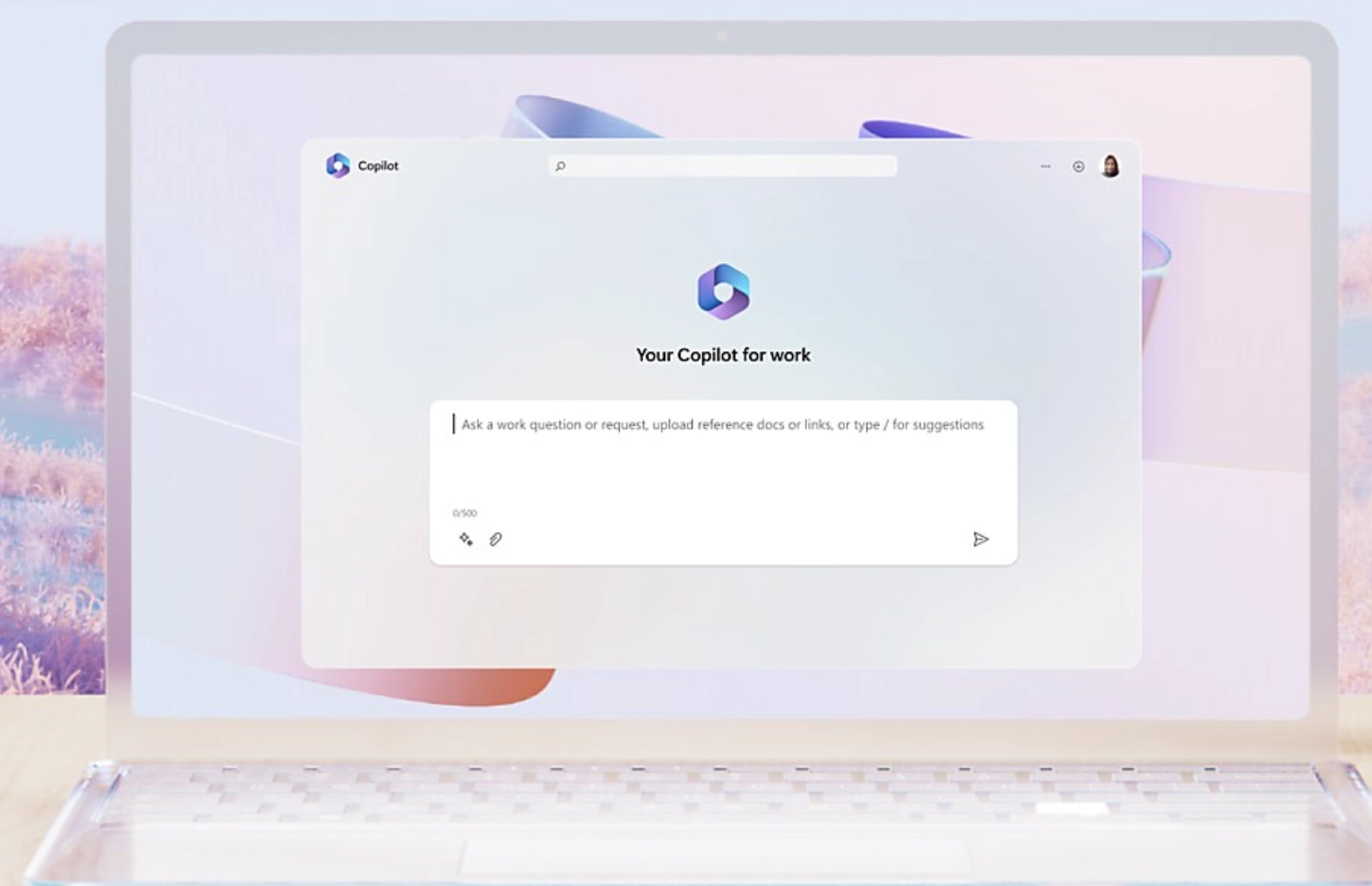

.webp)
.webp)

